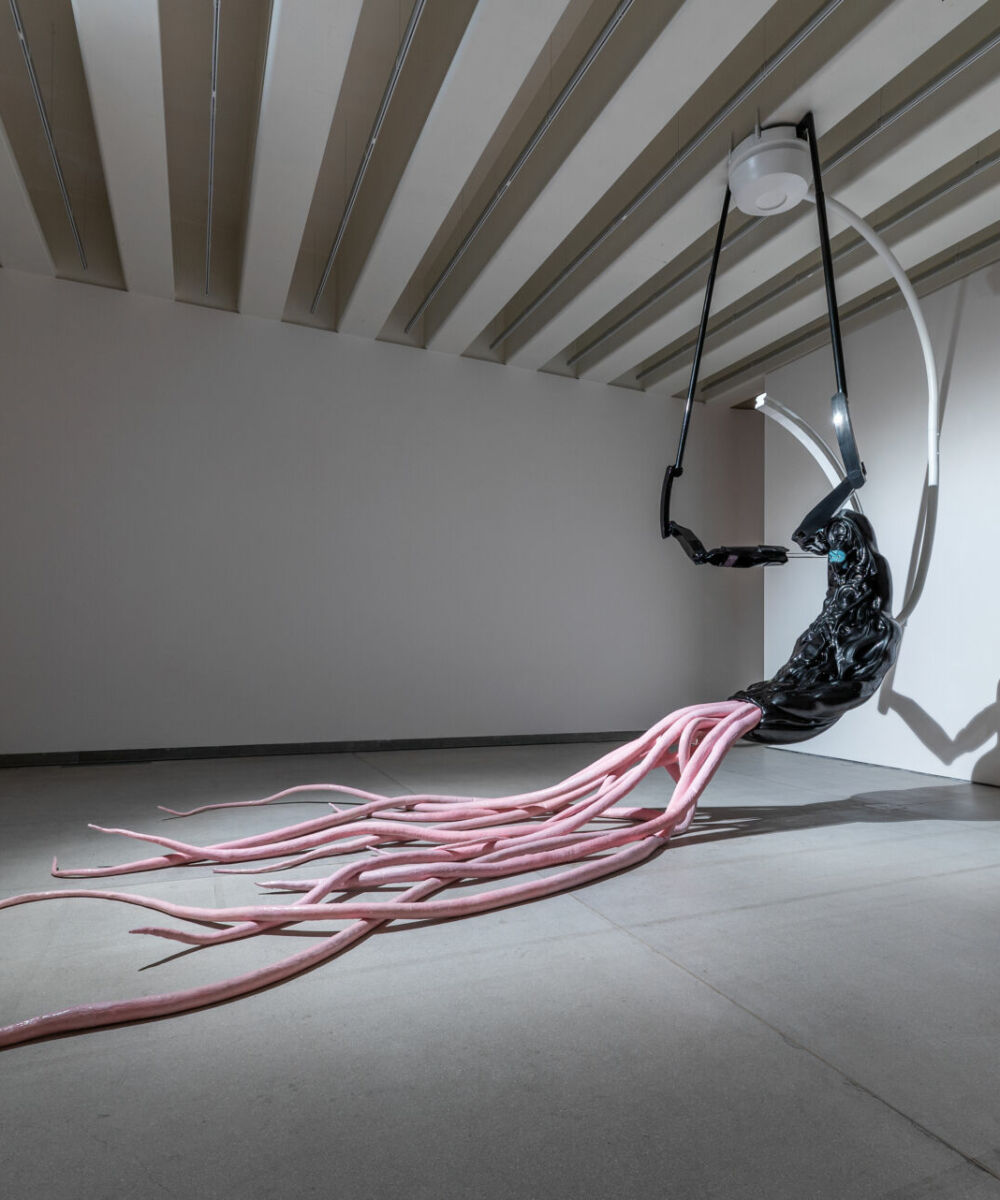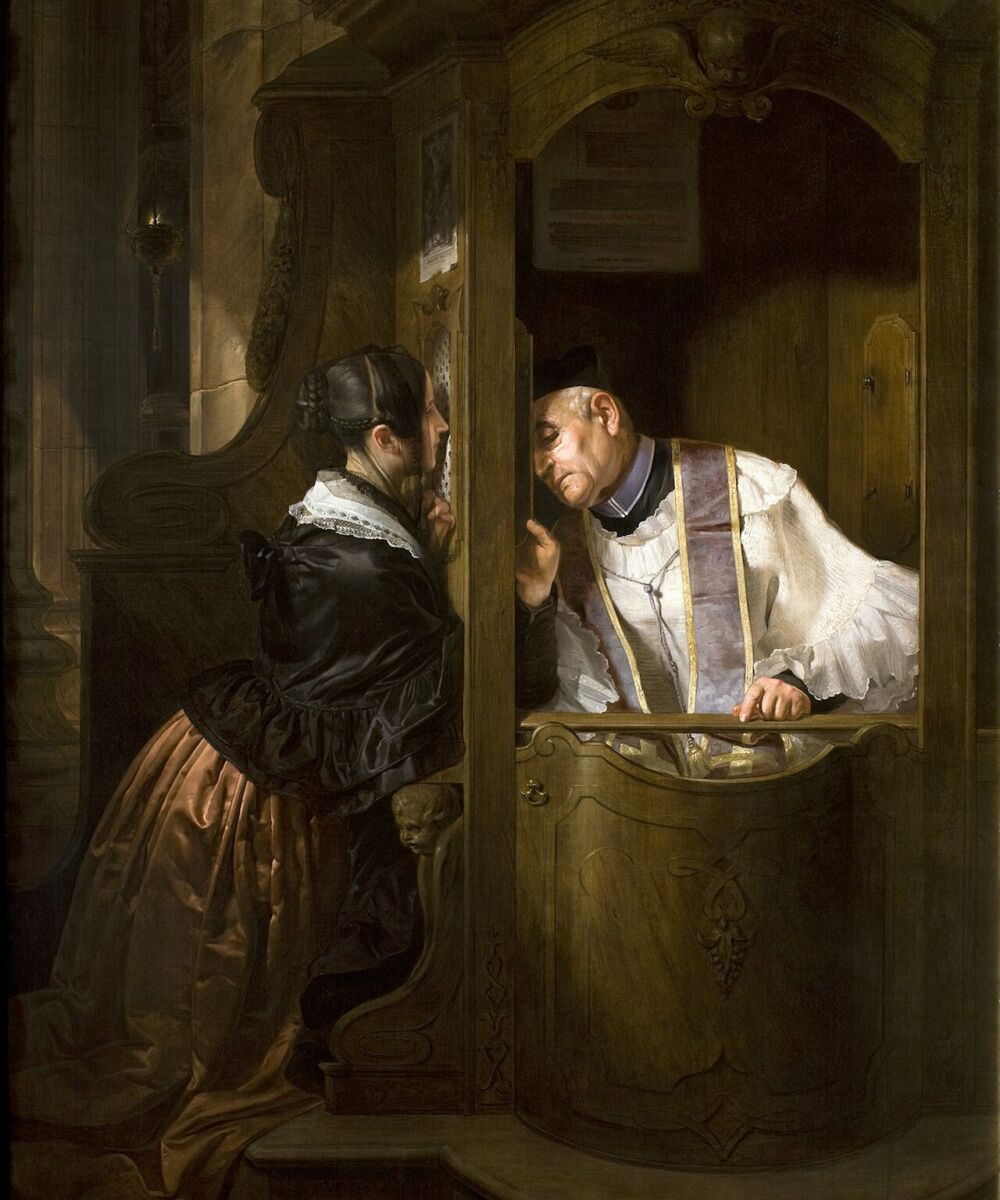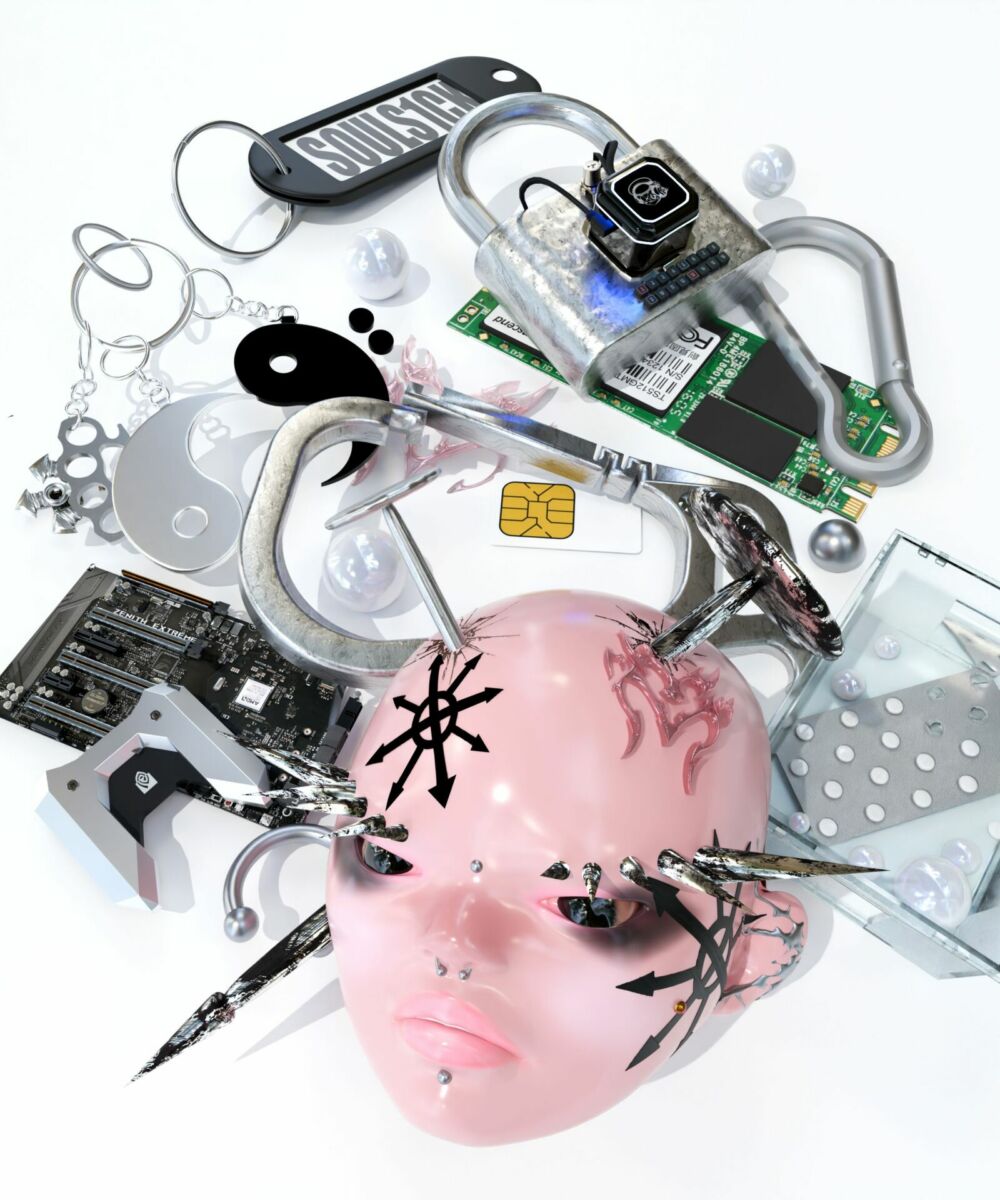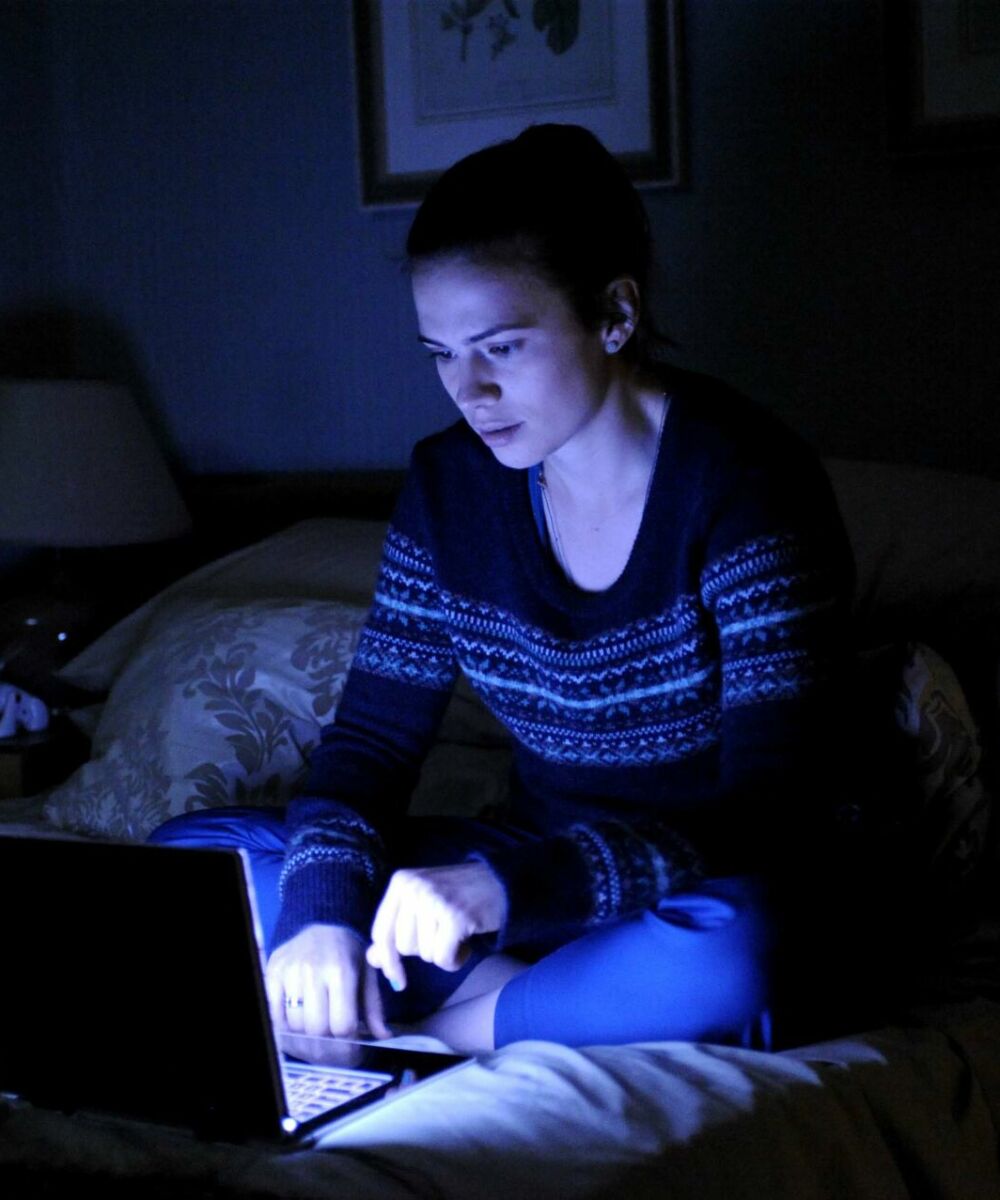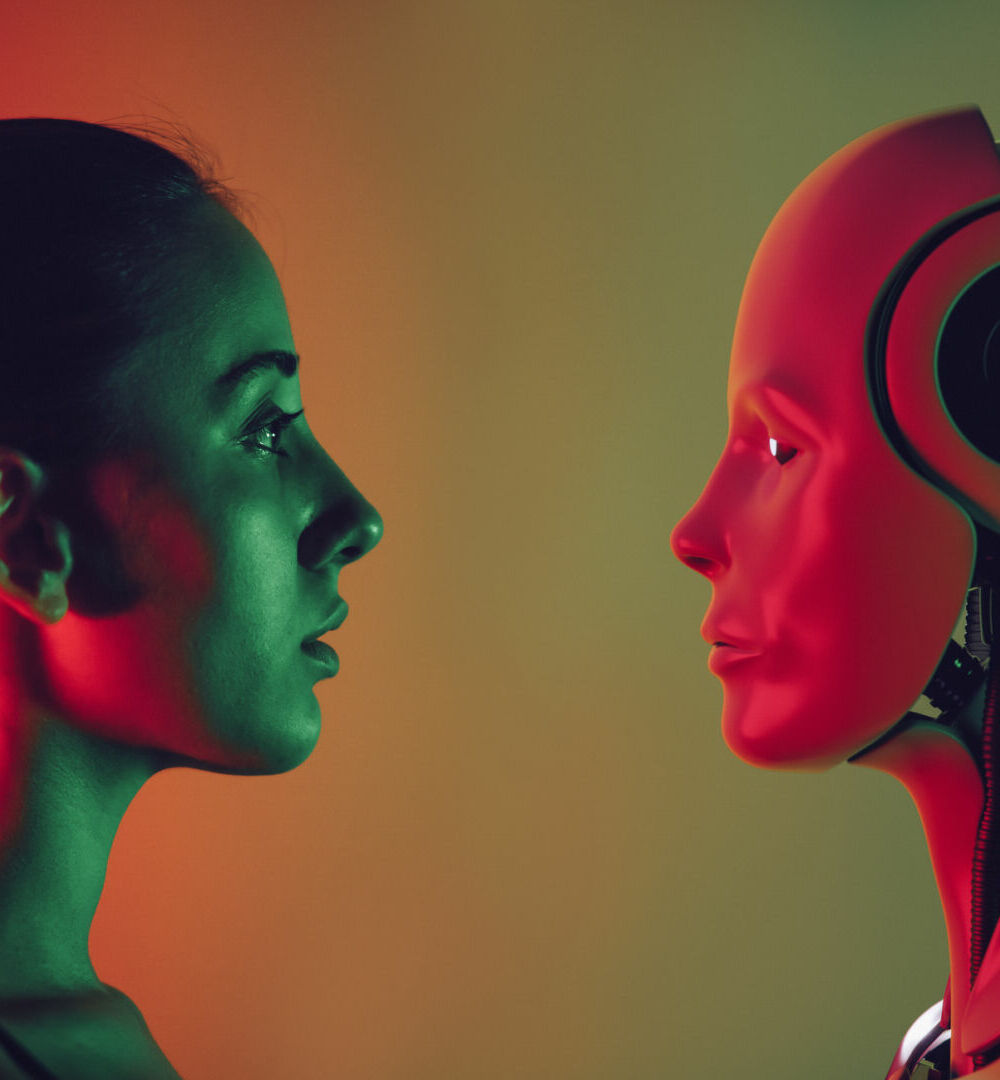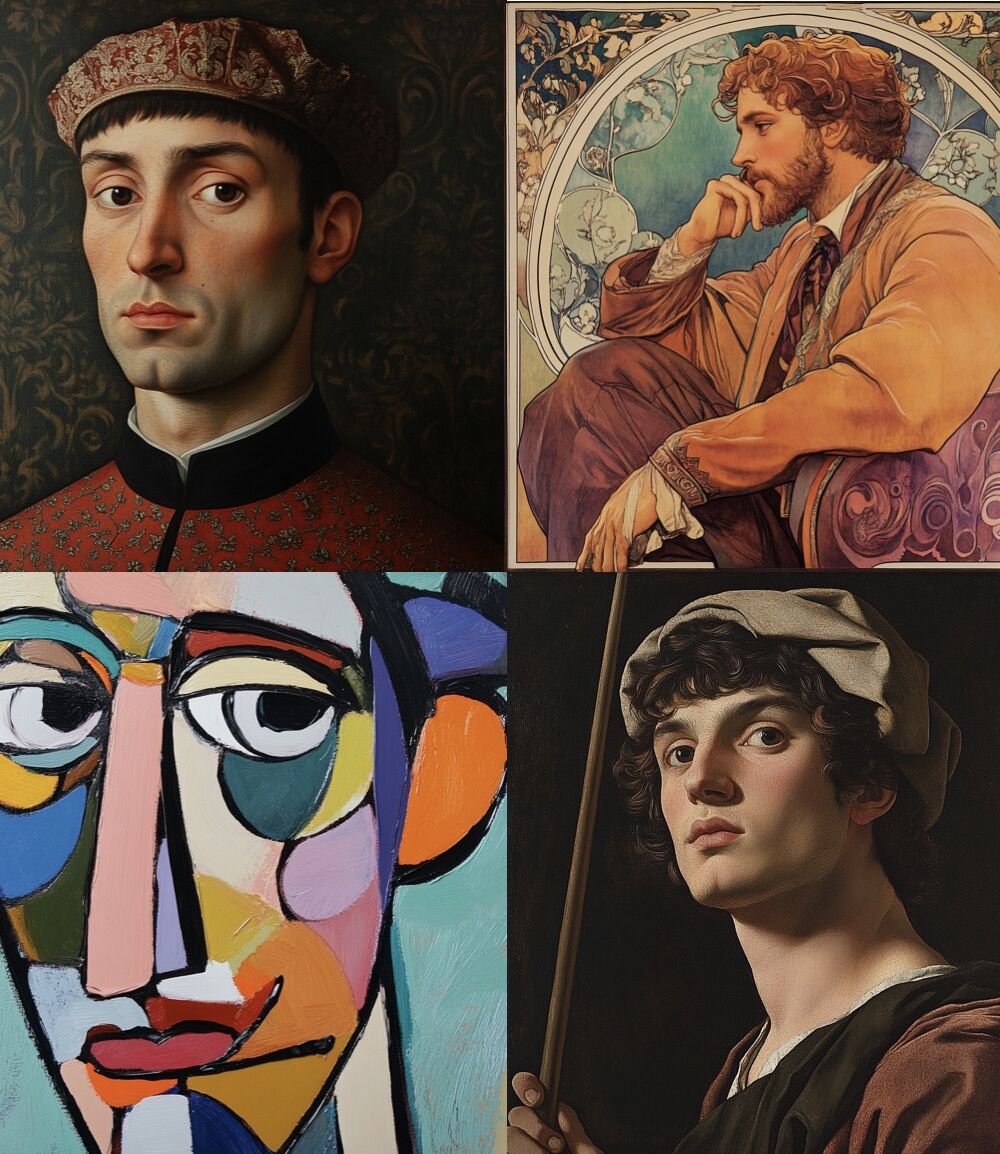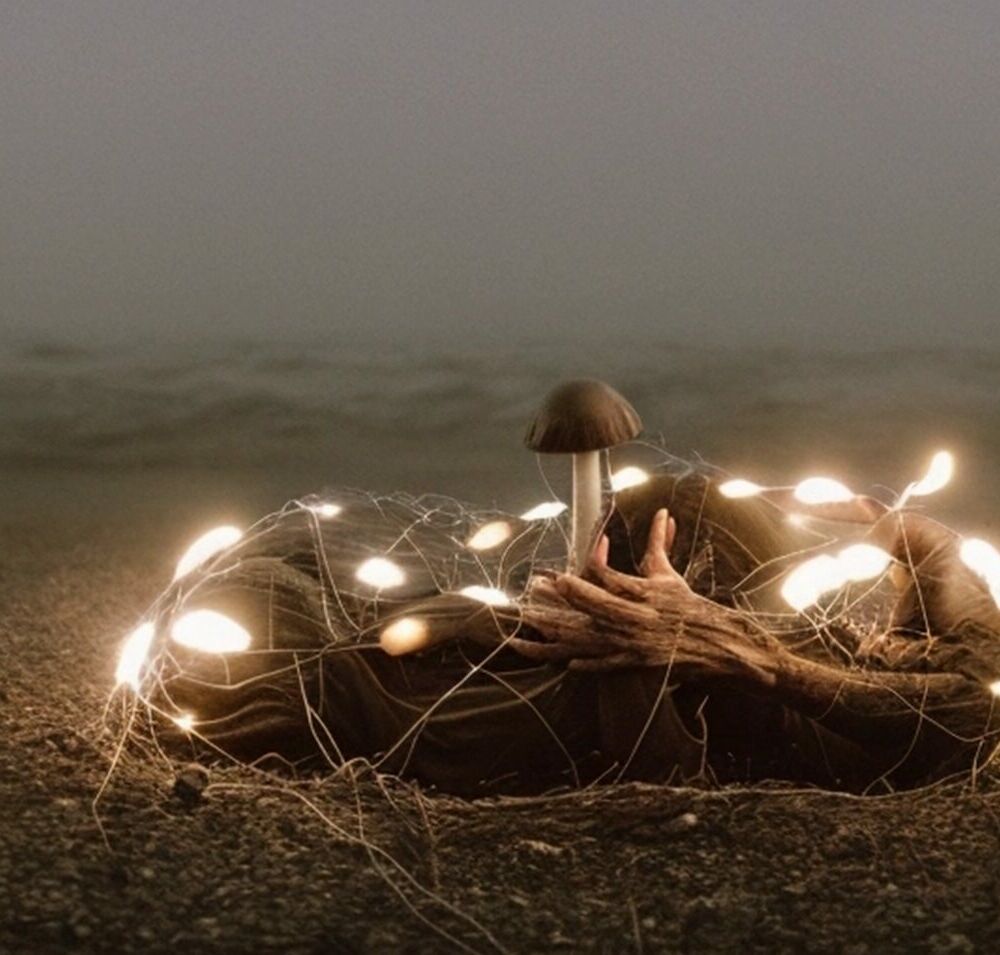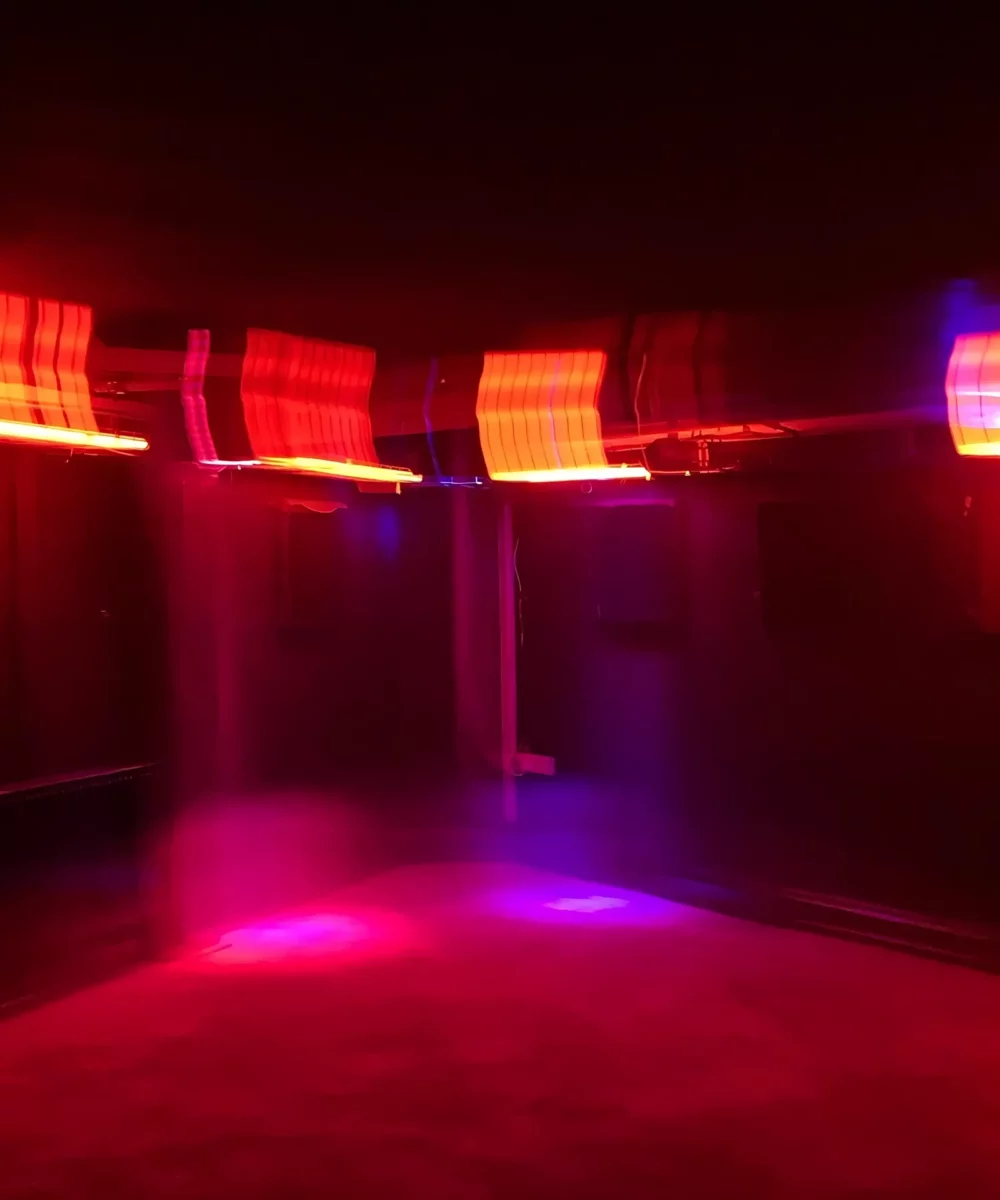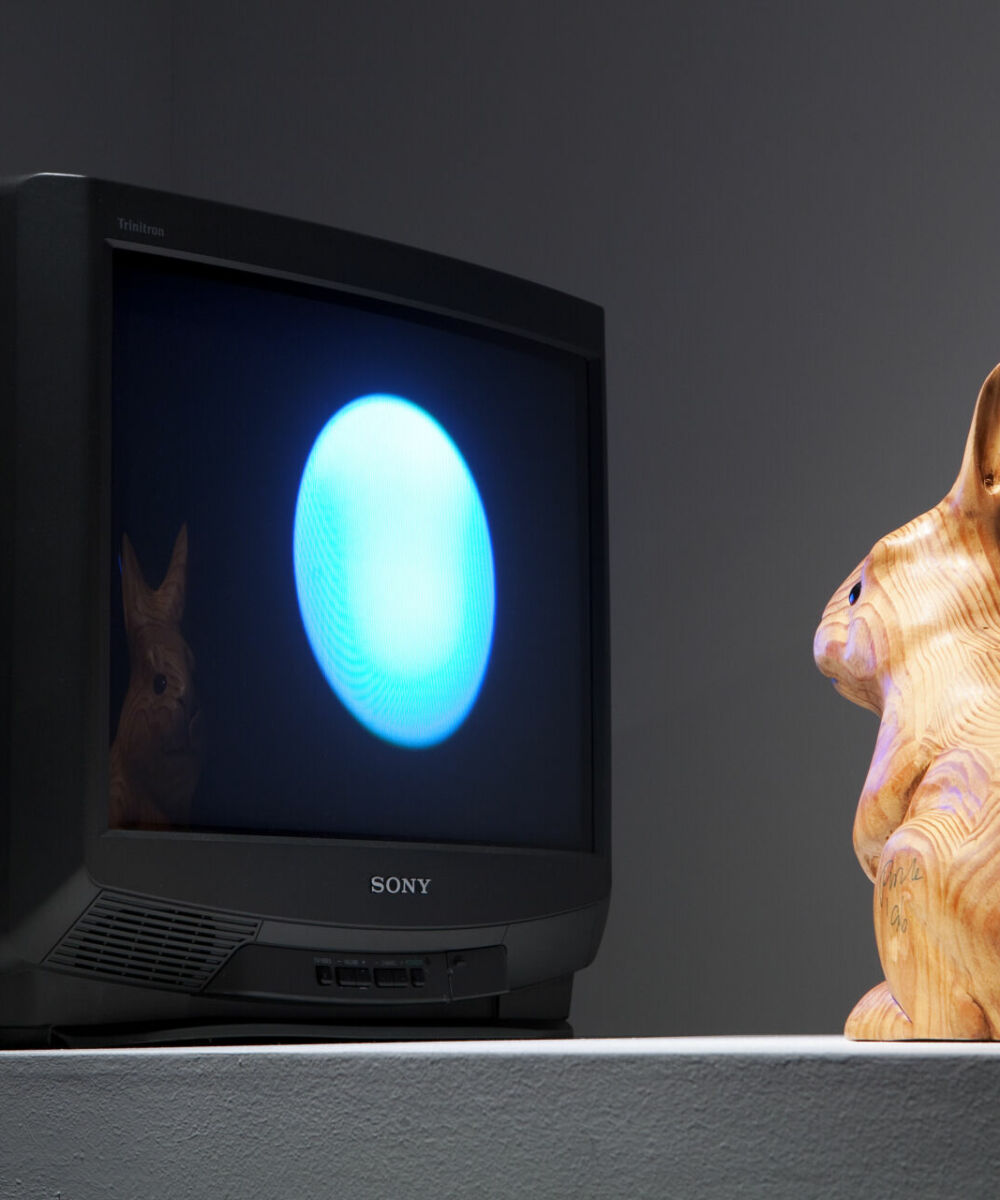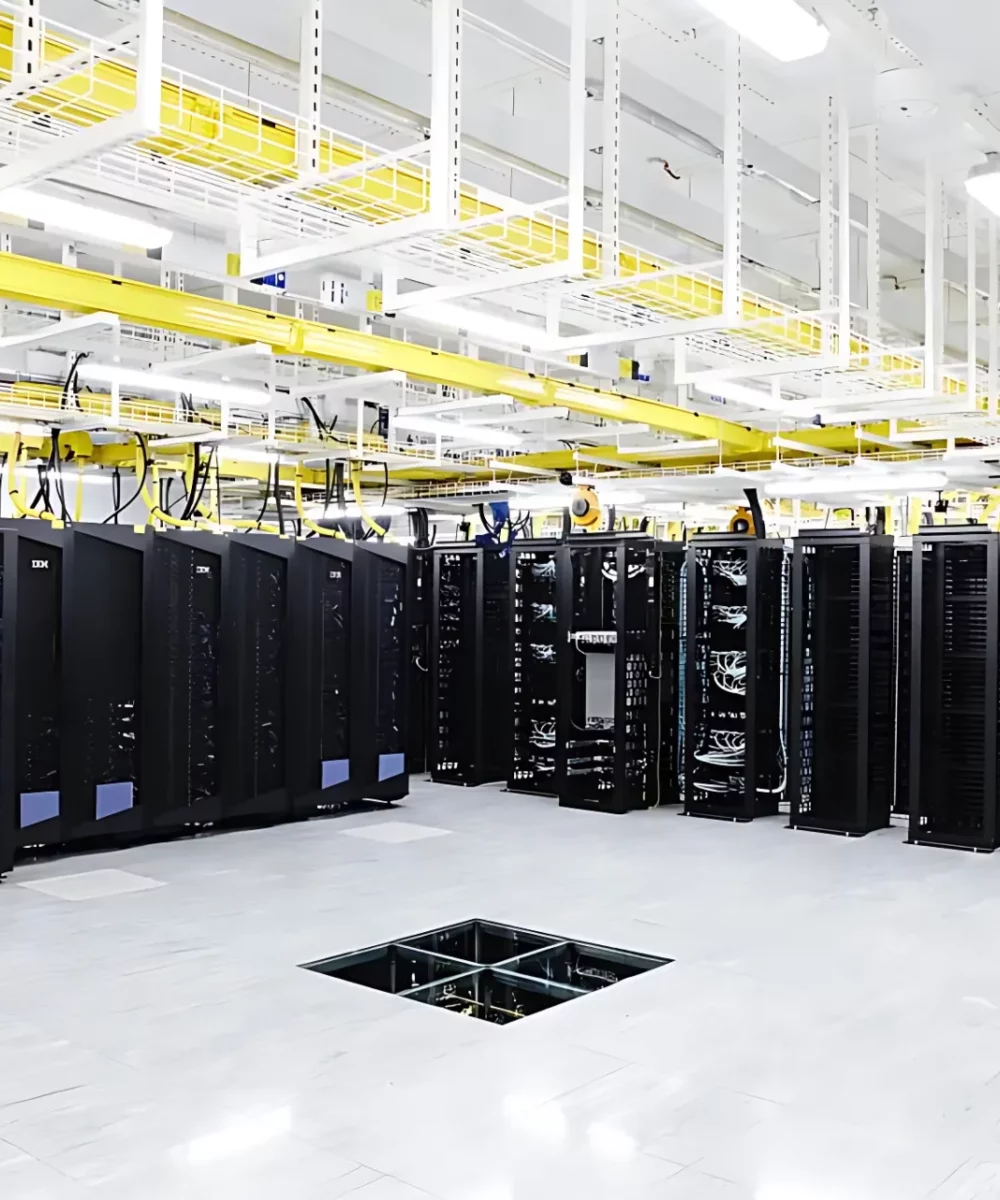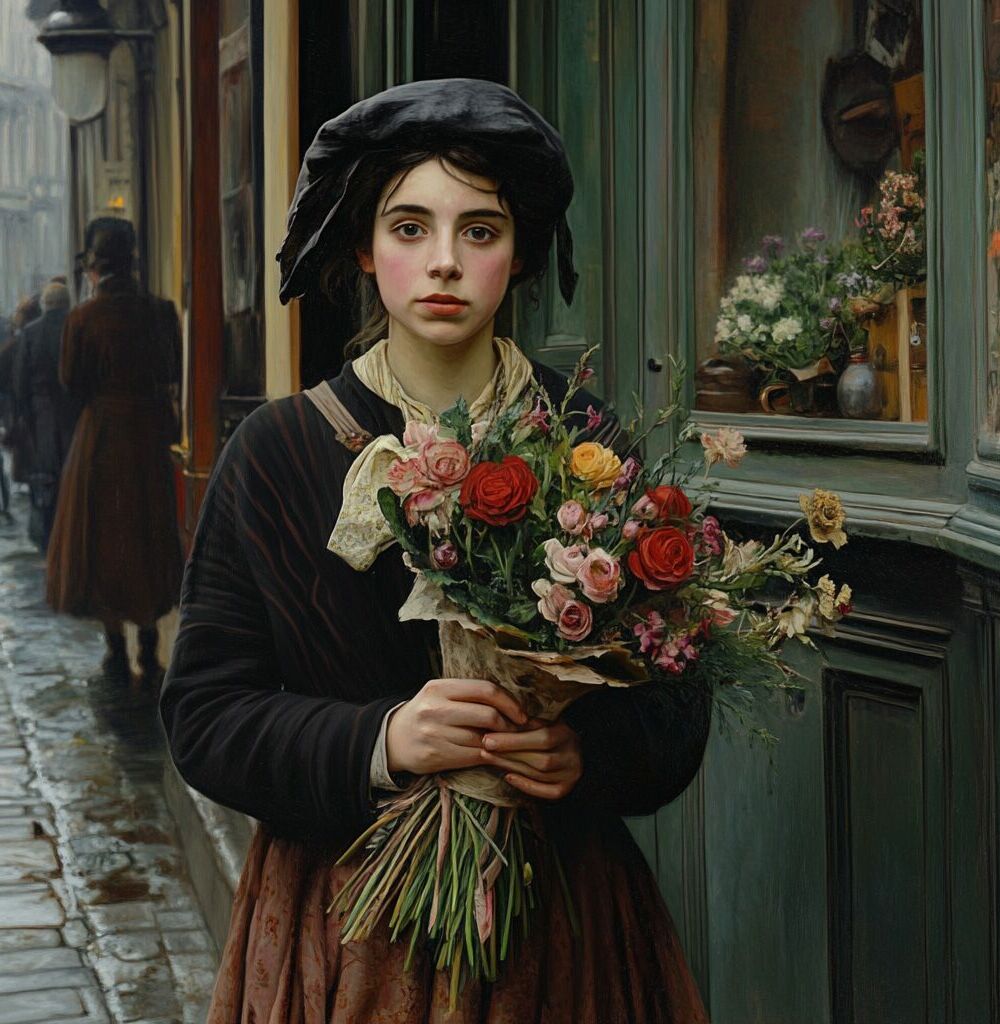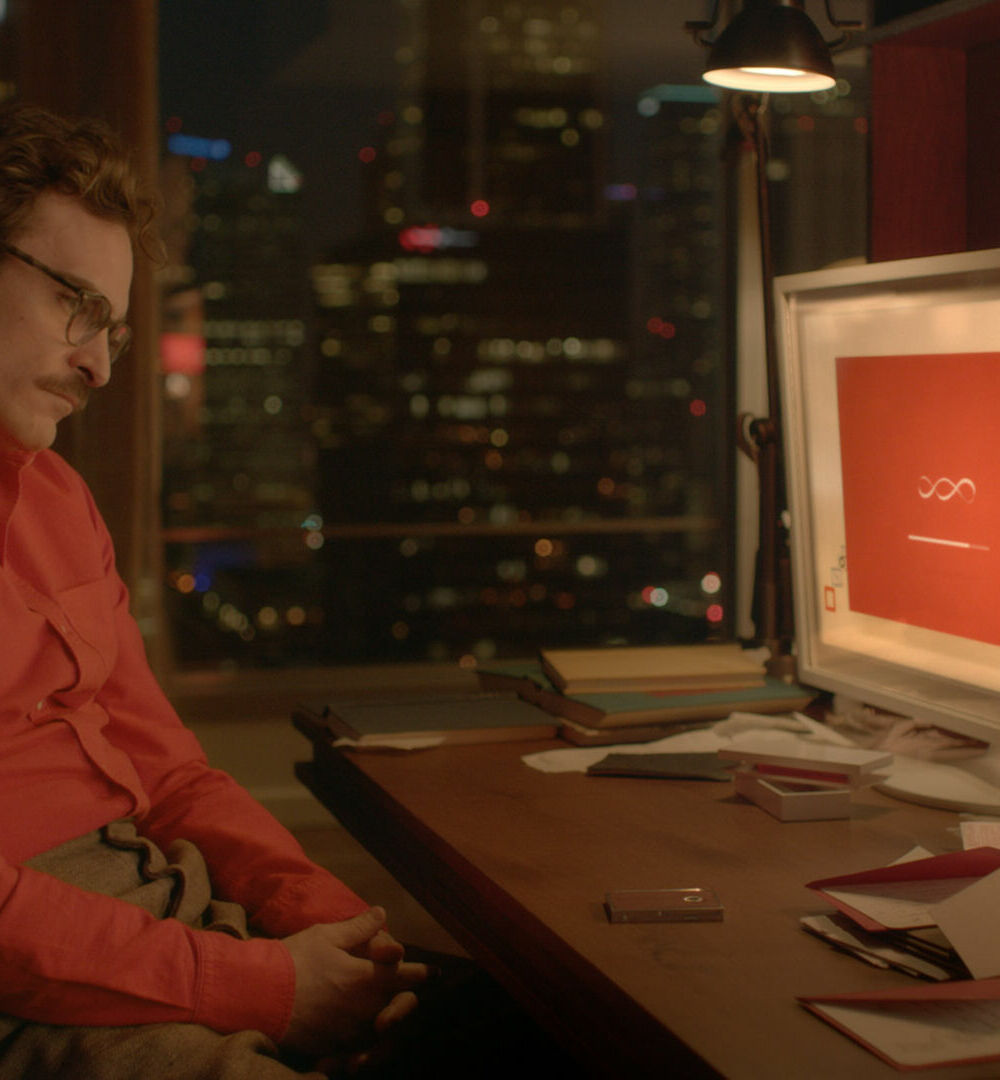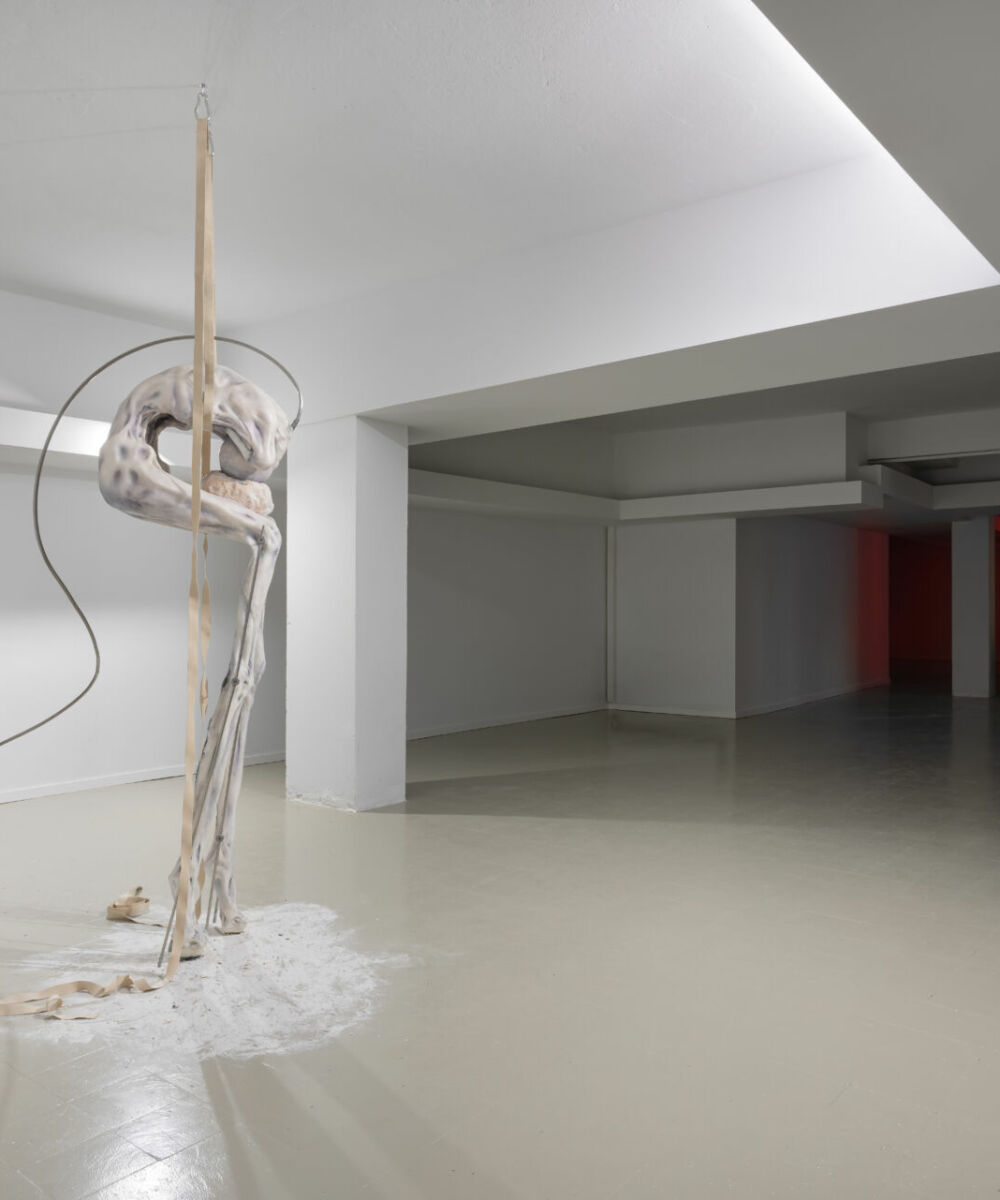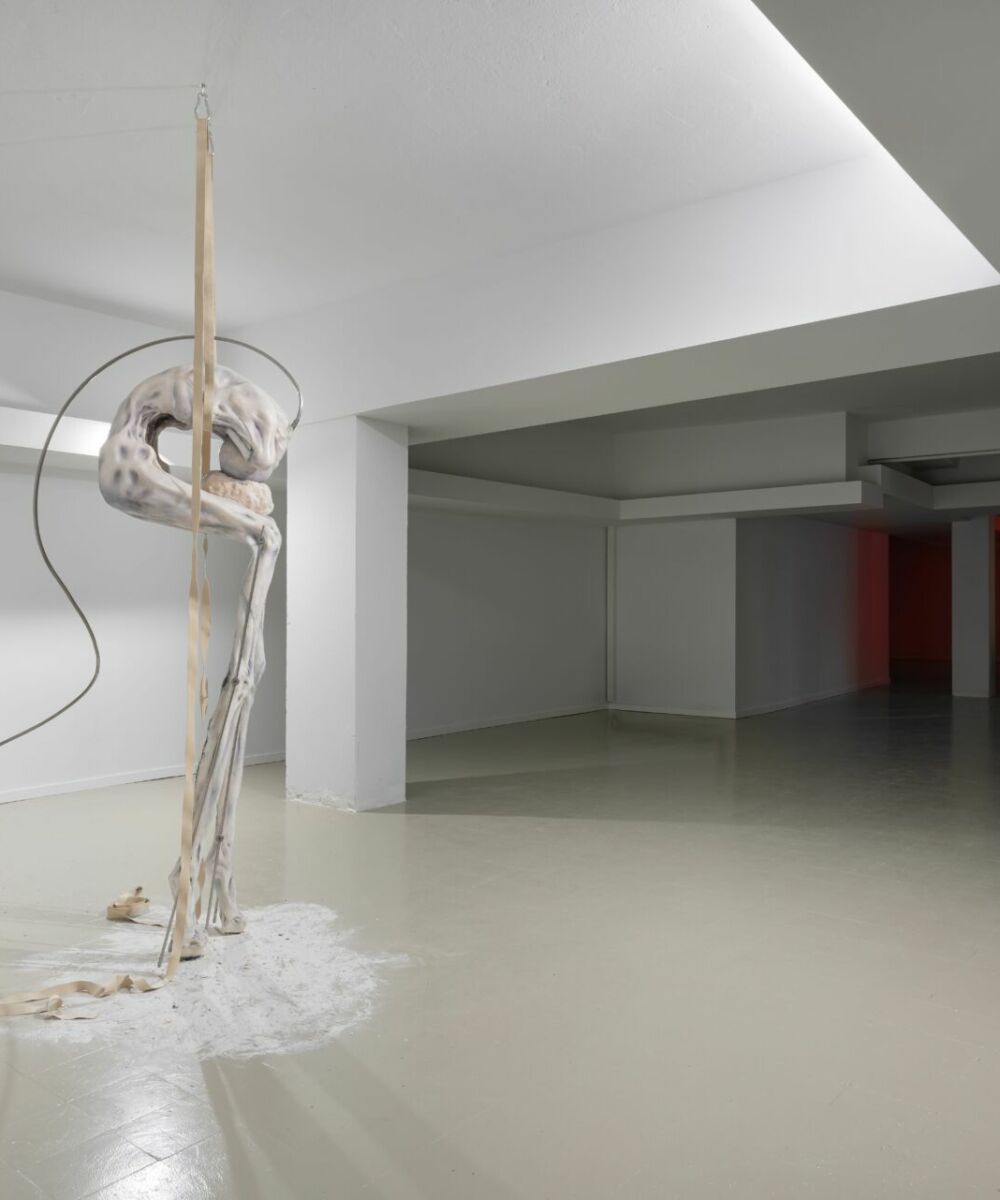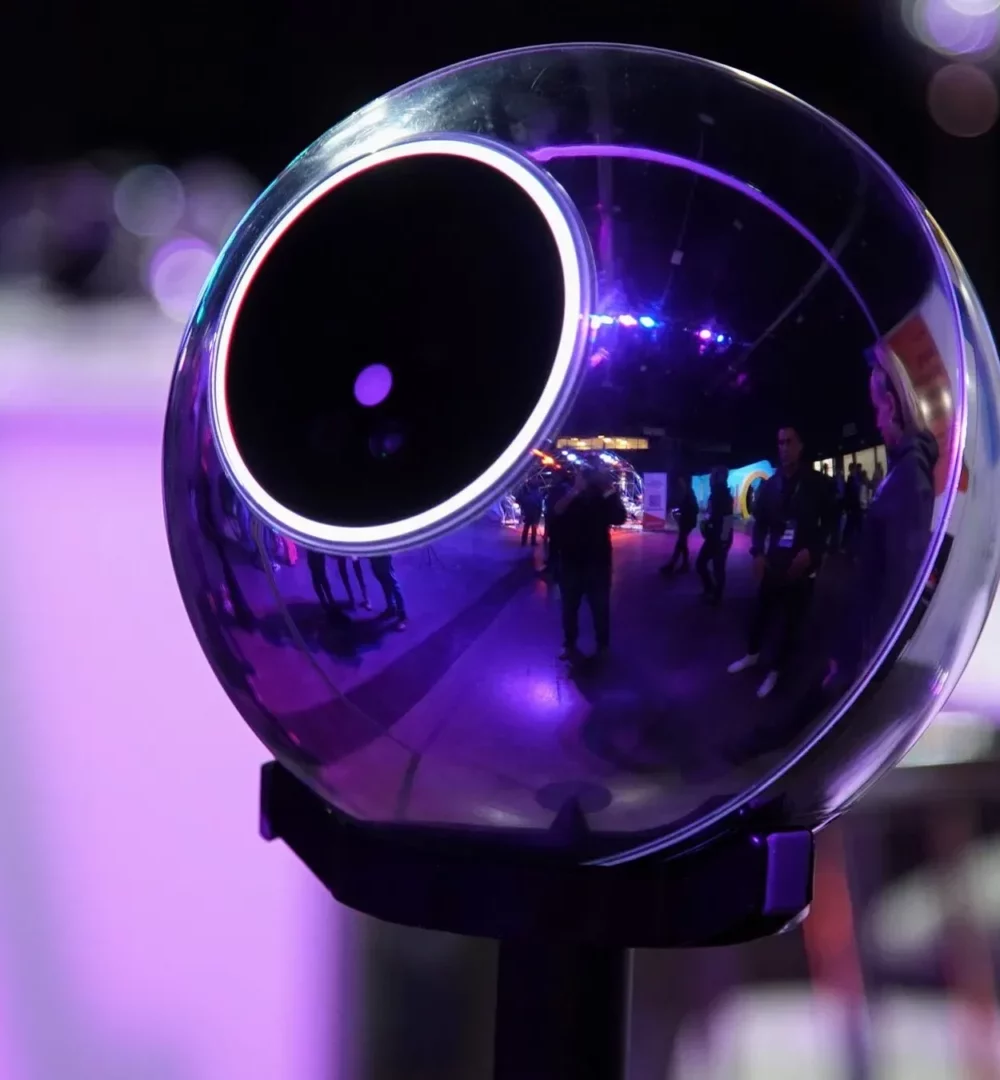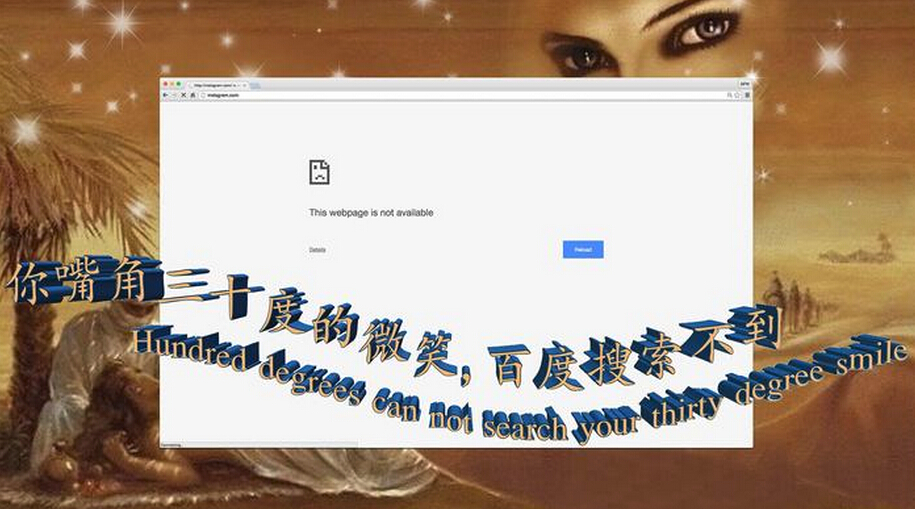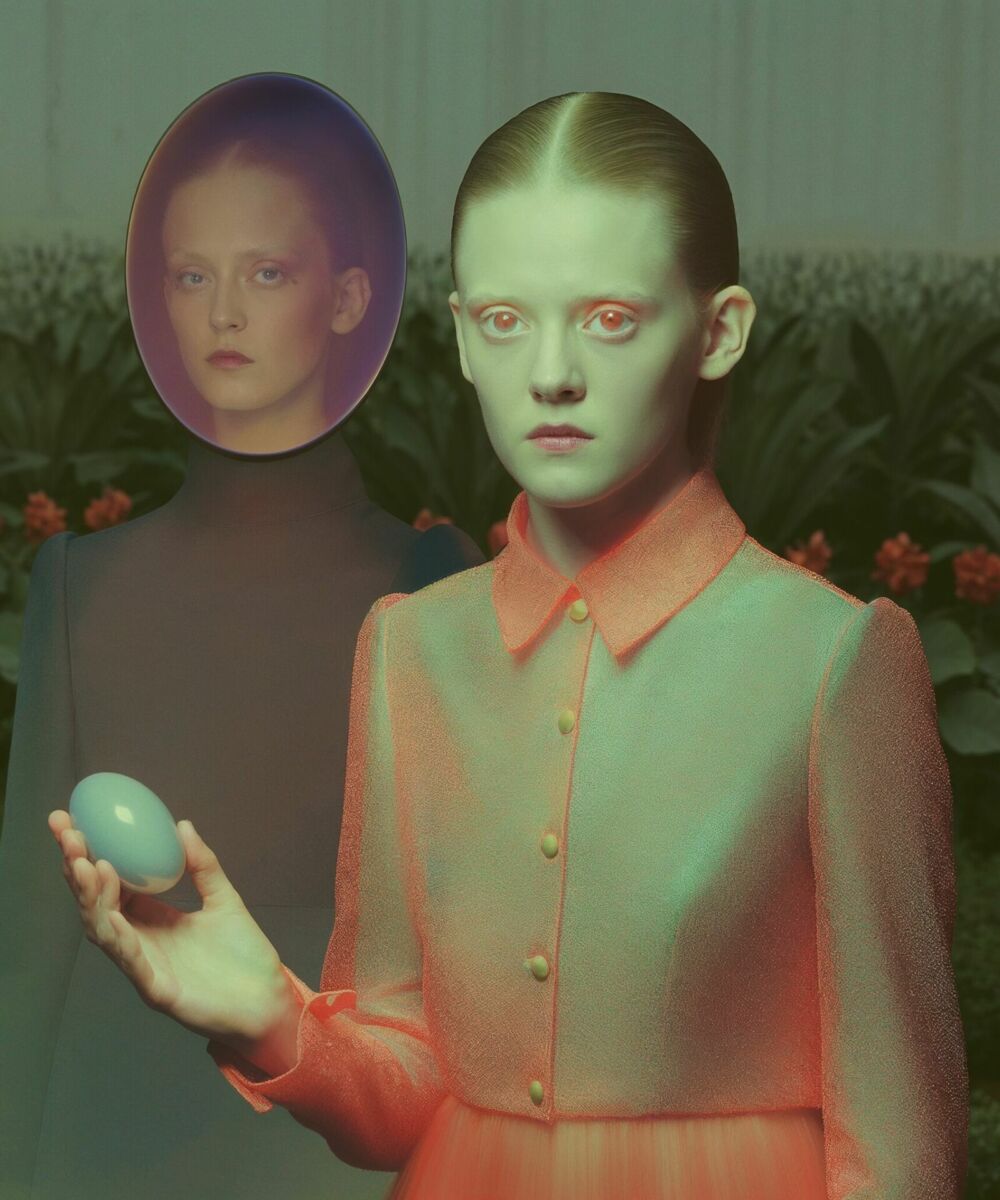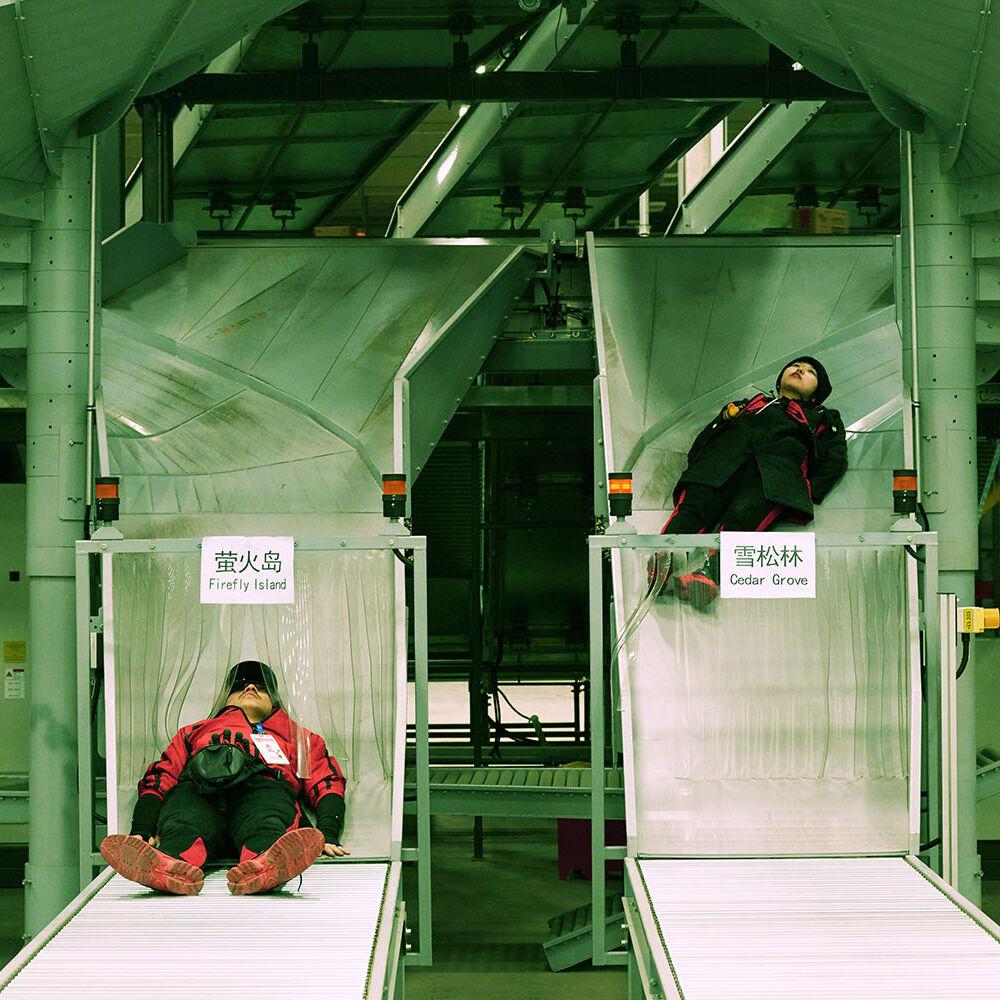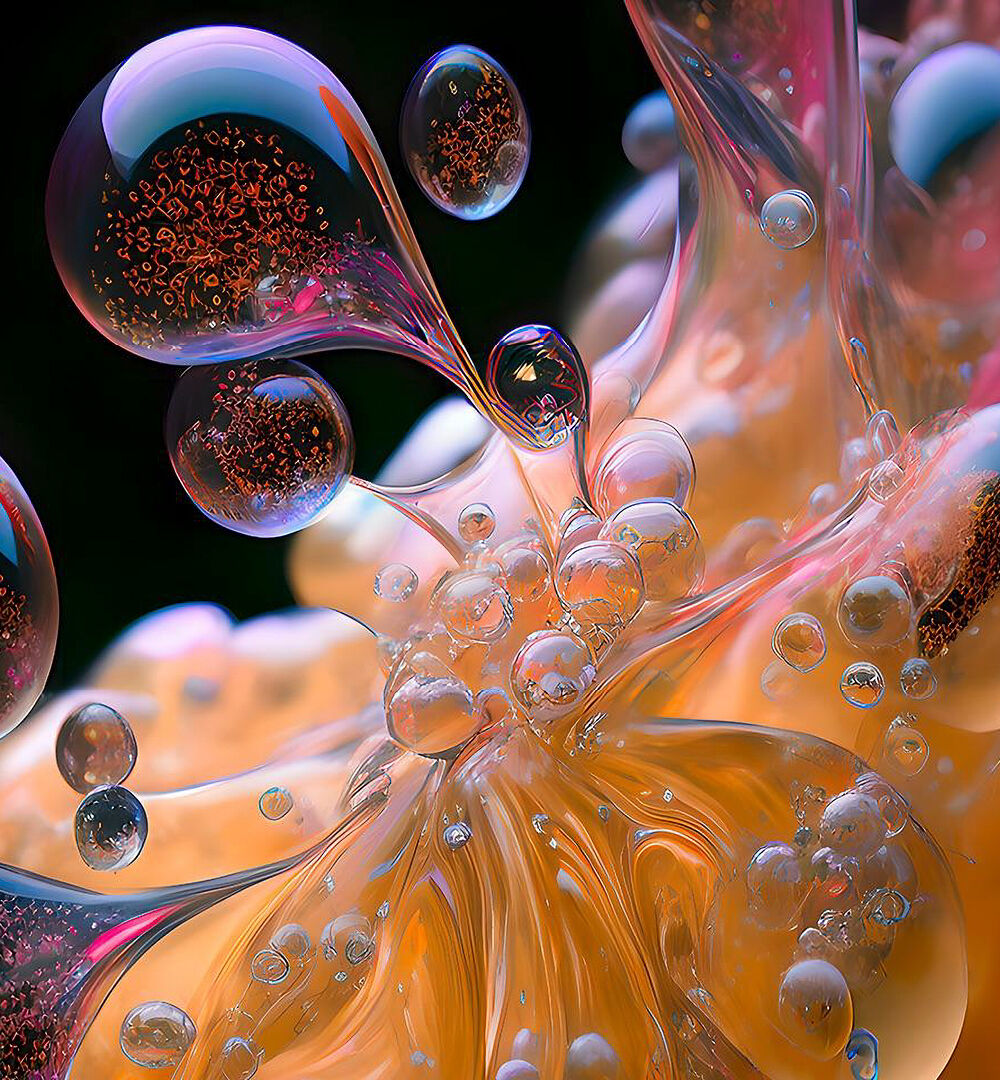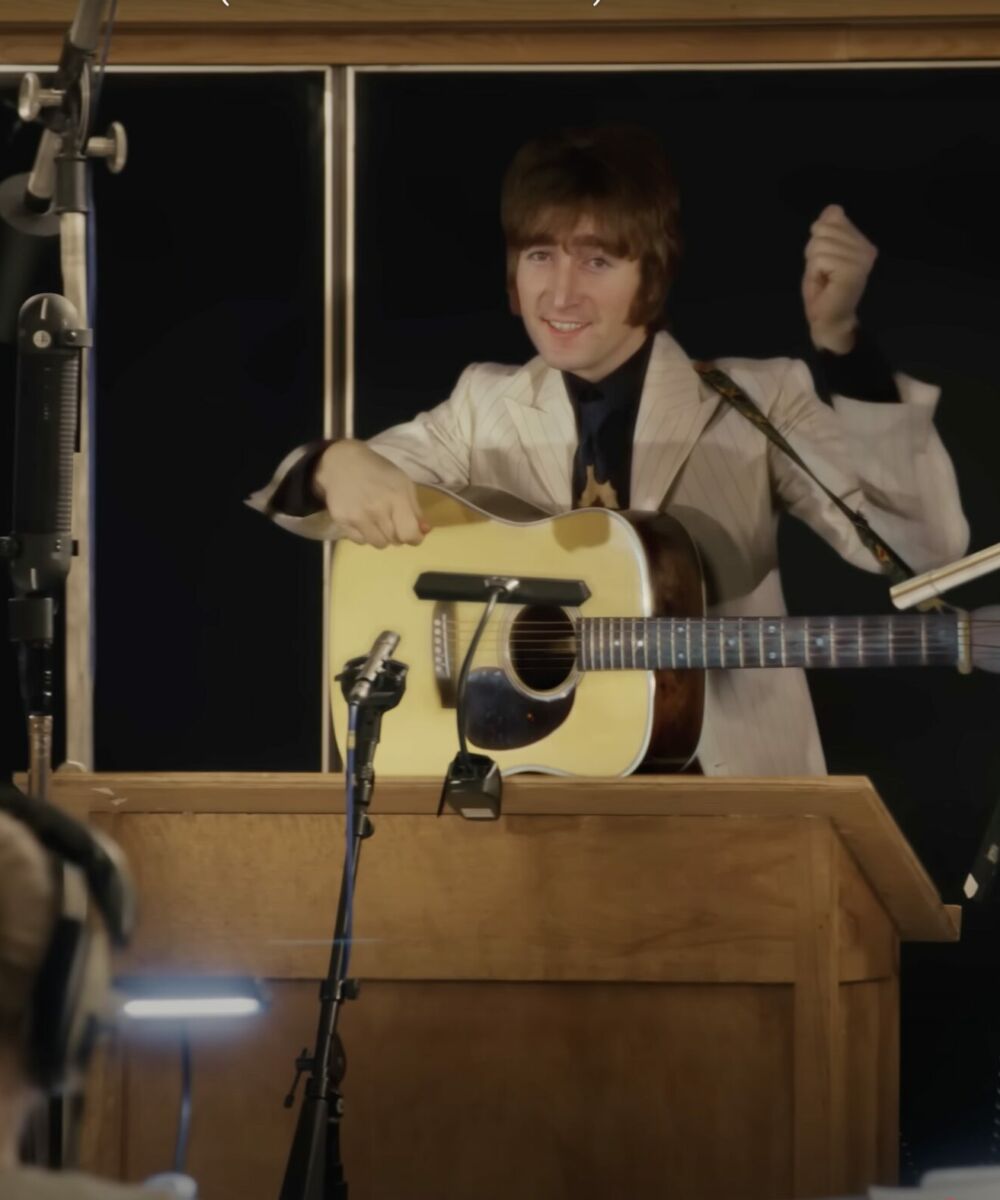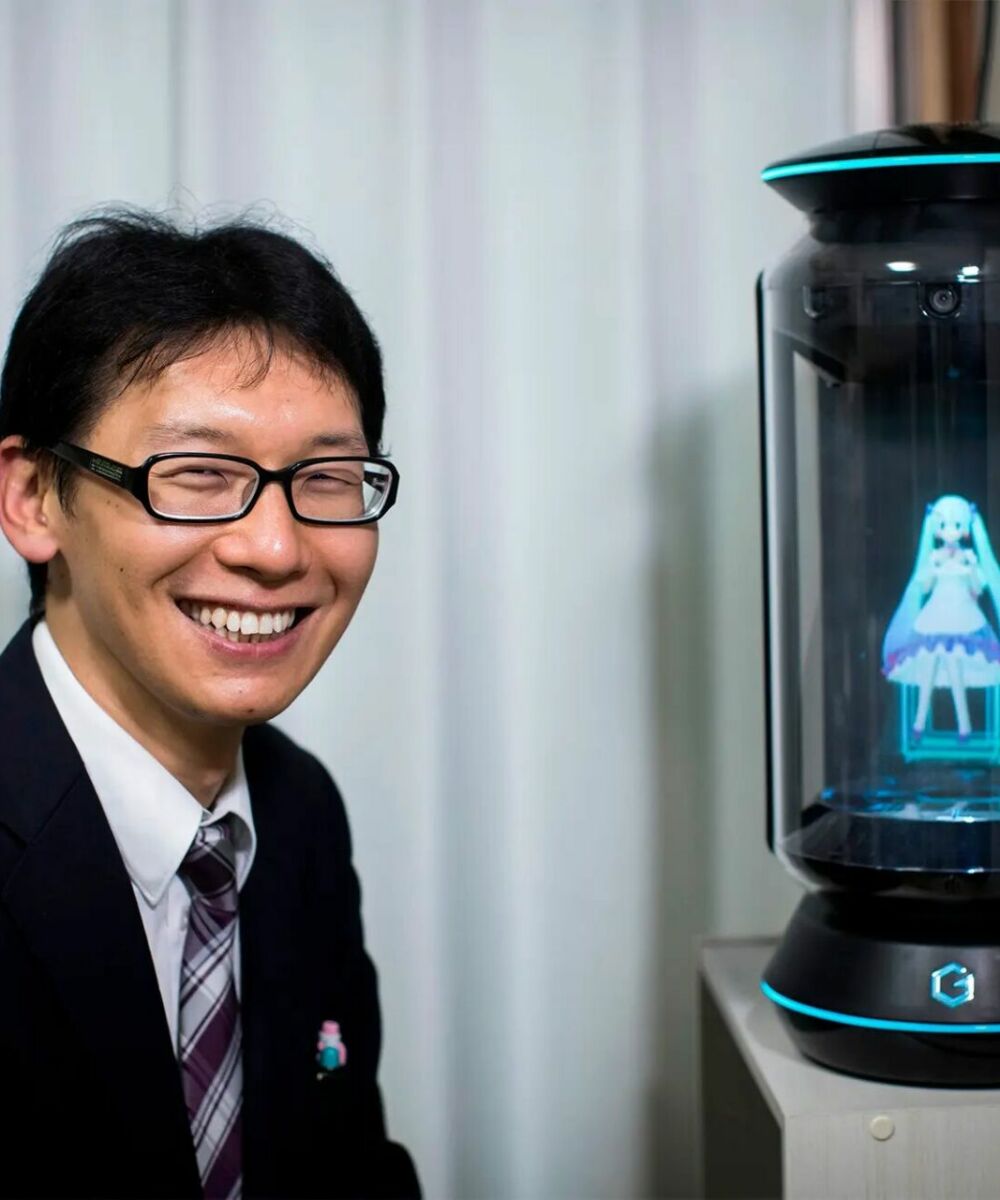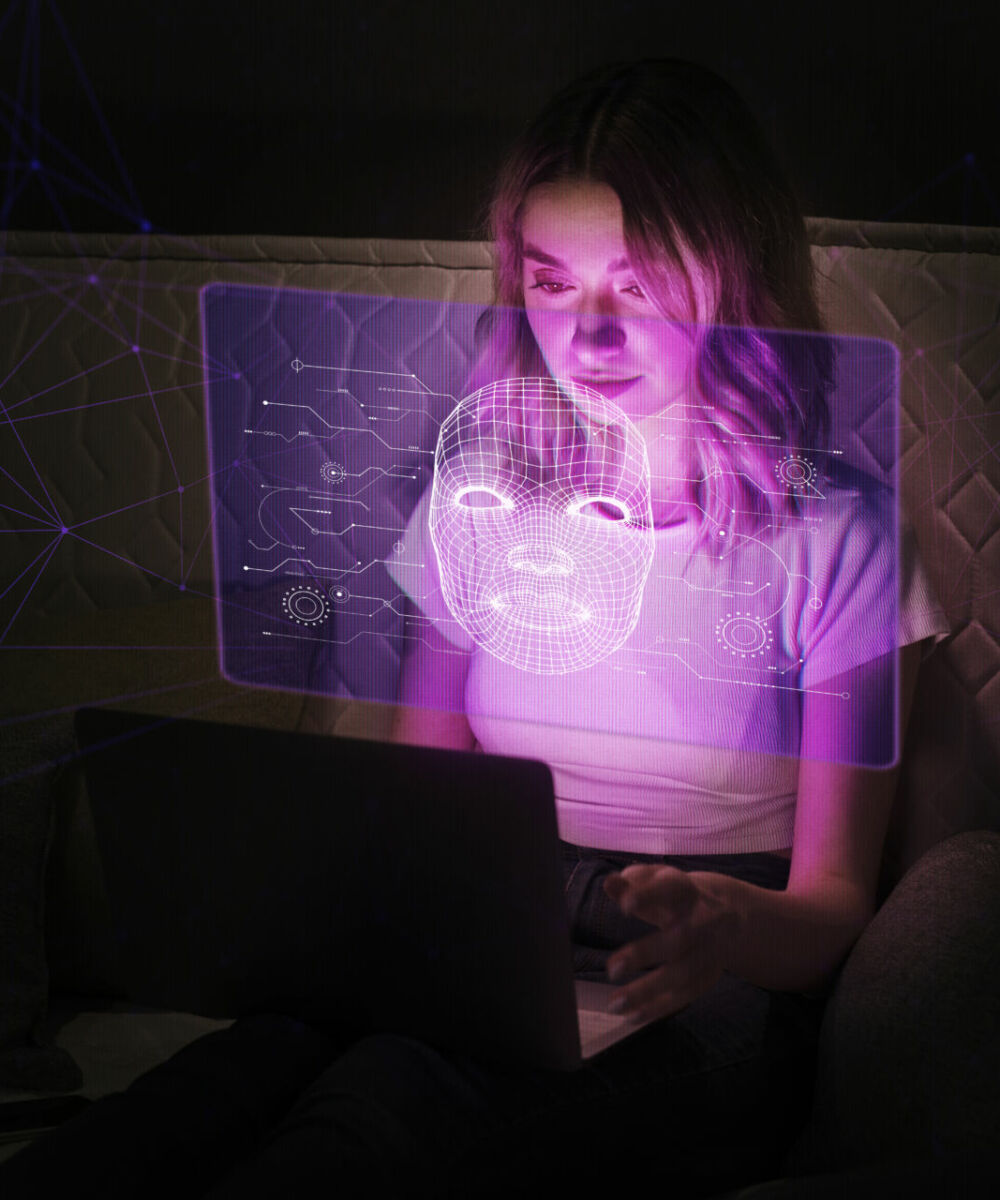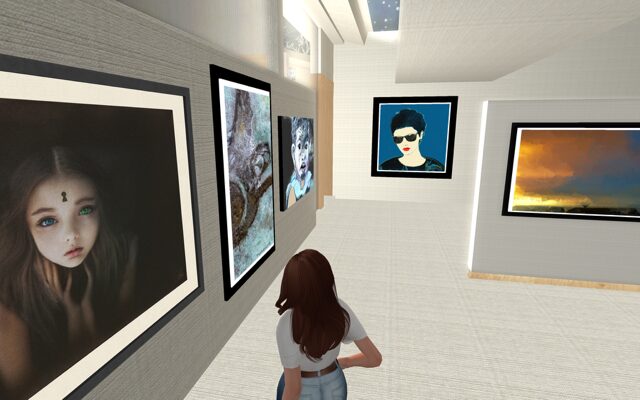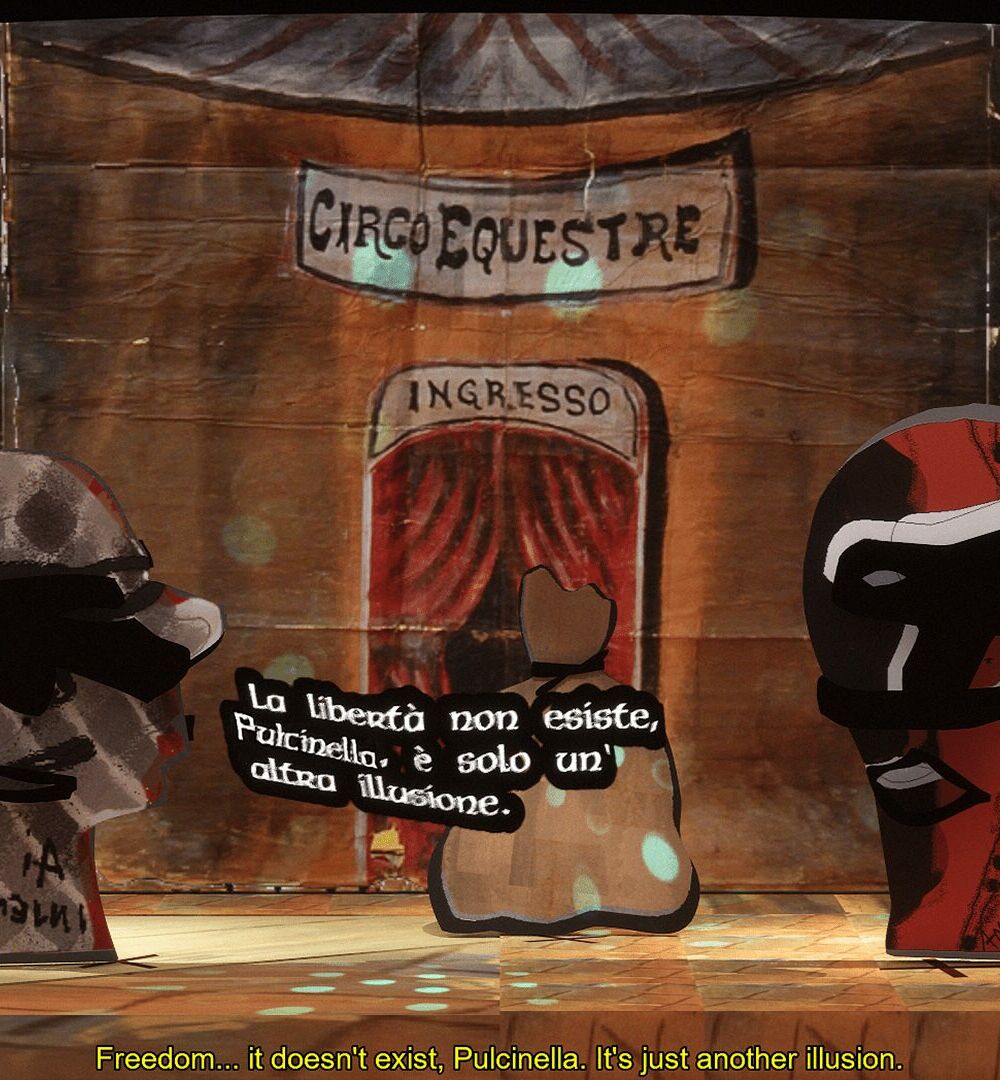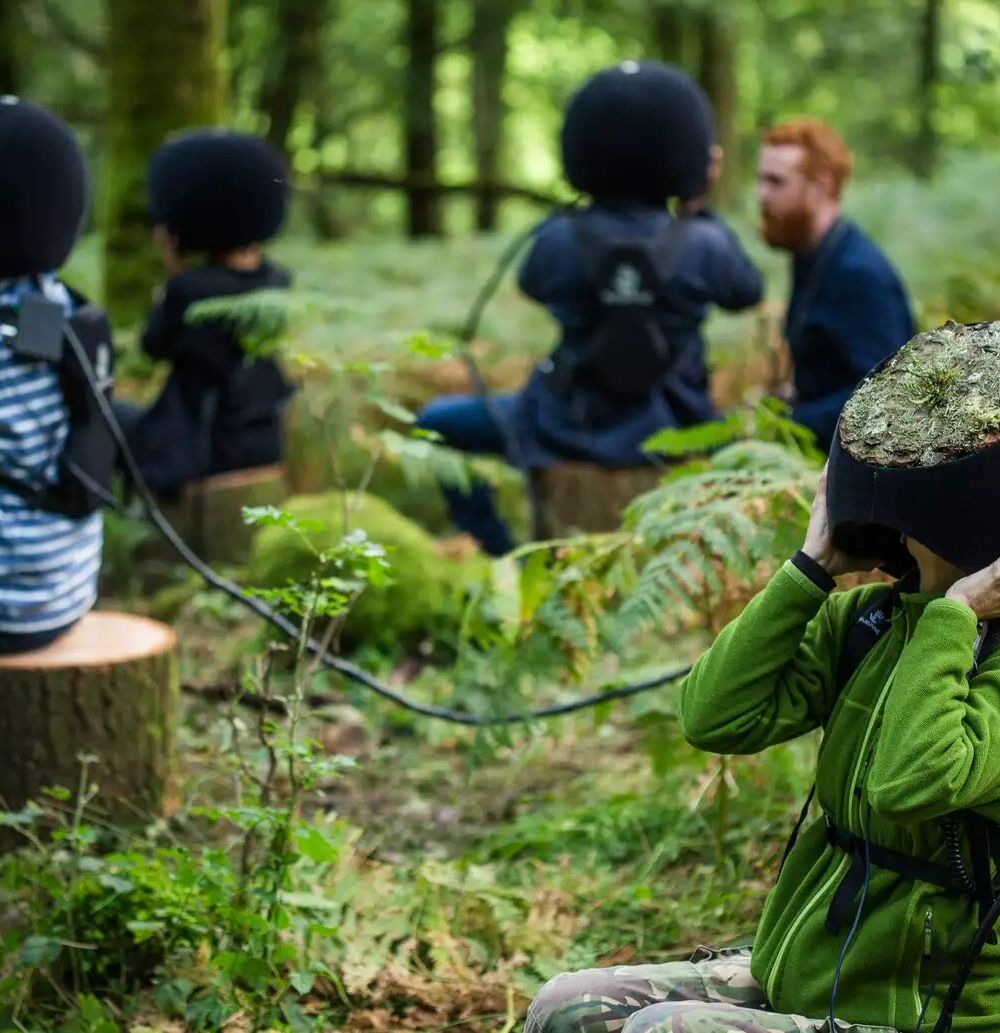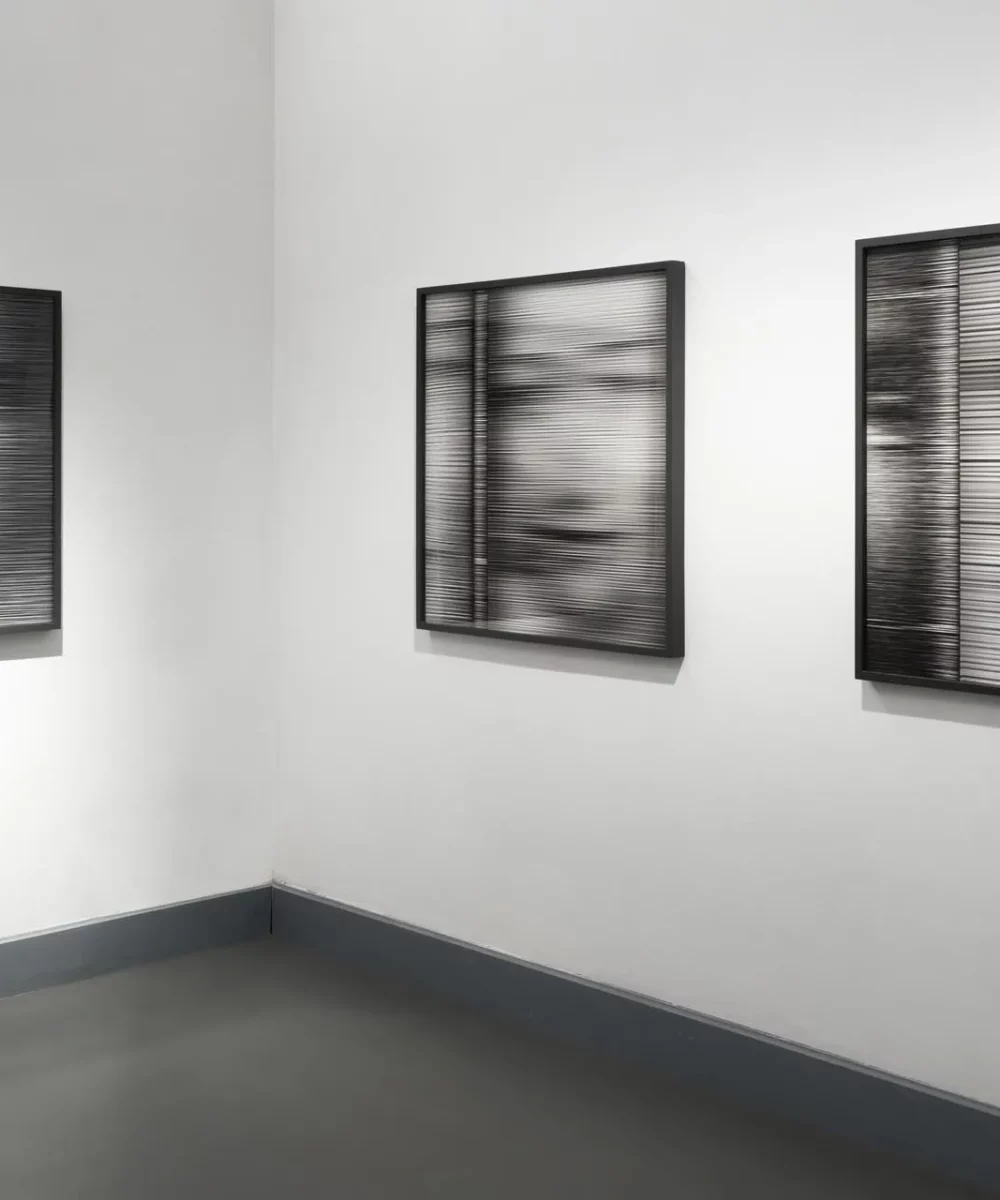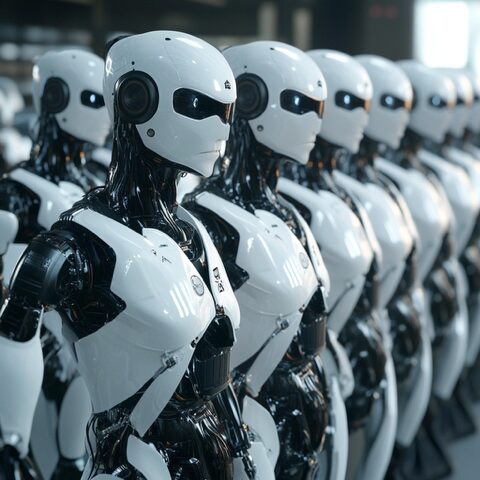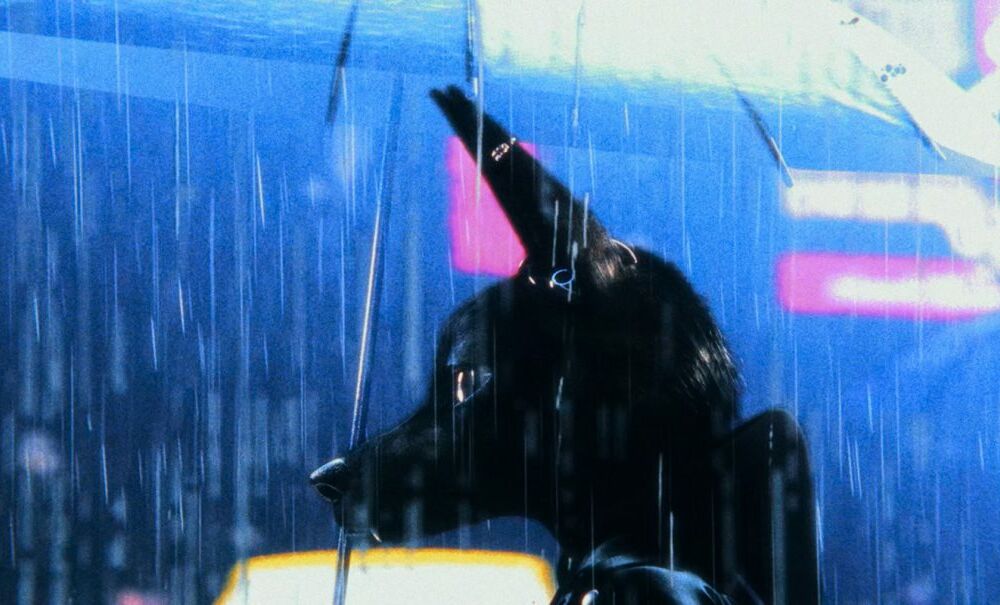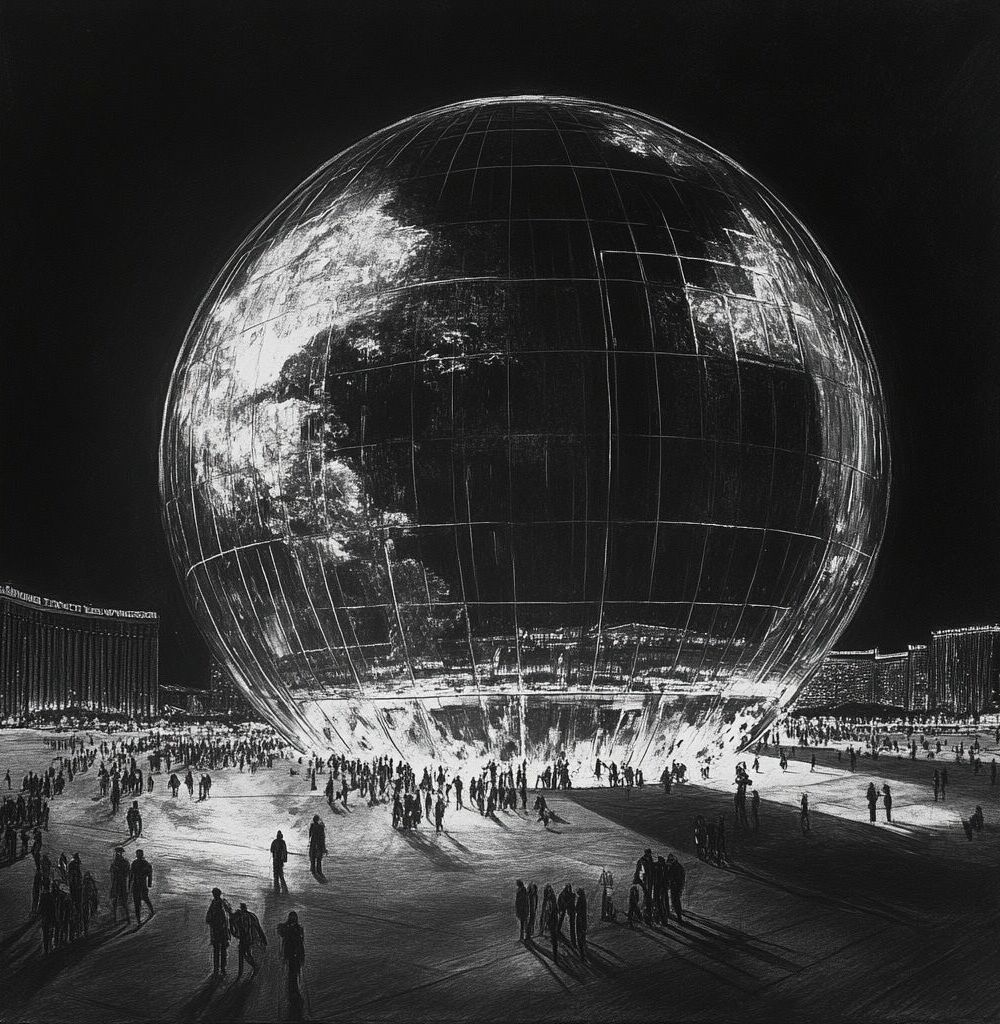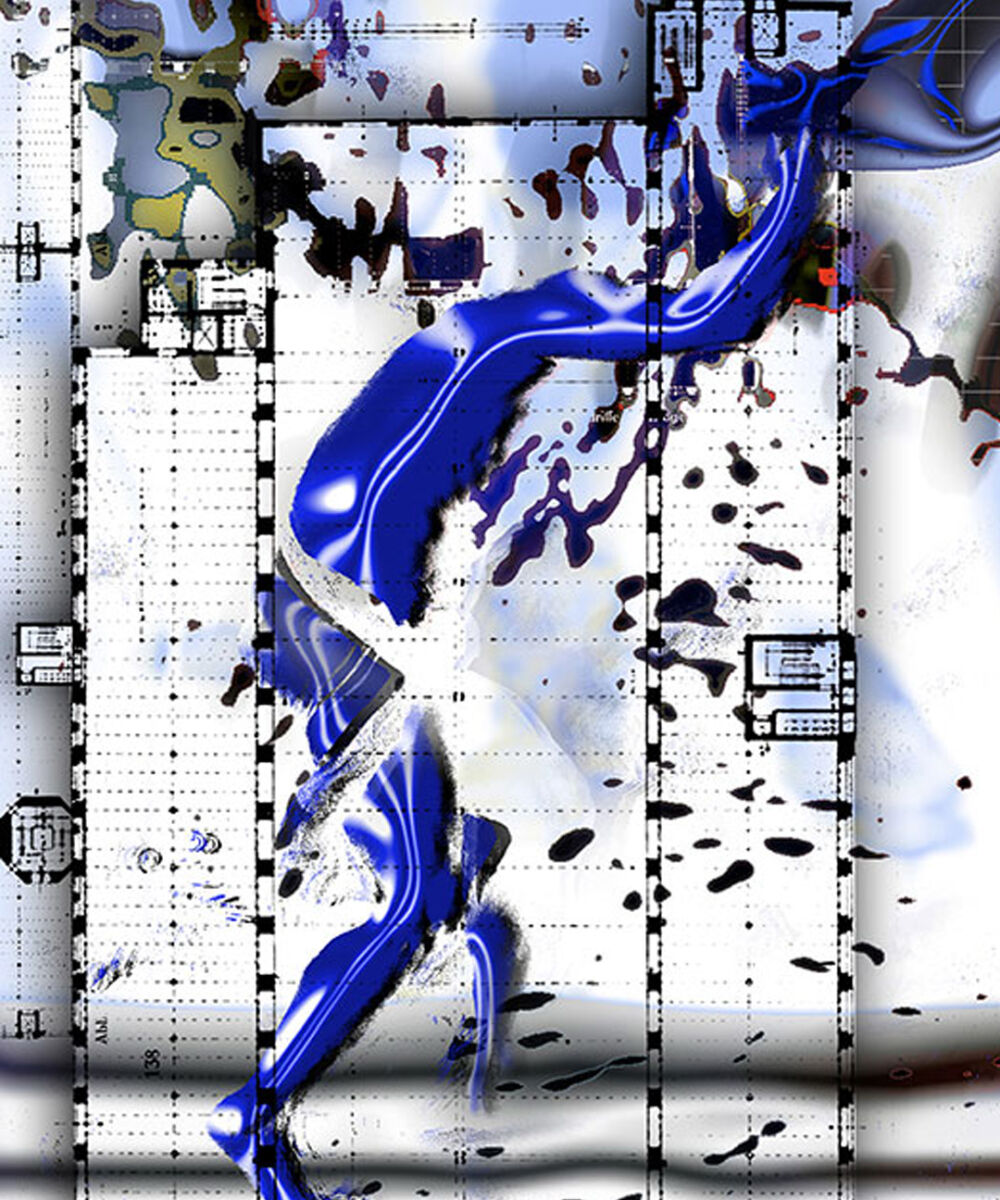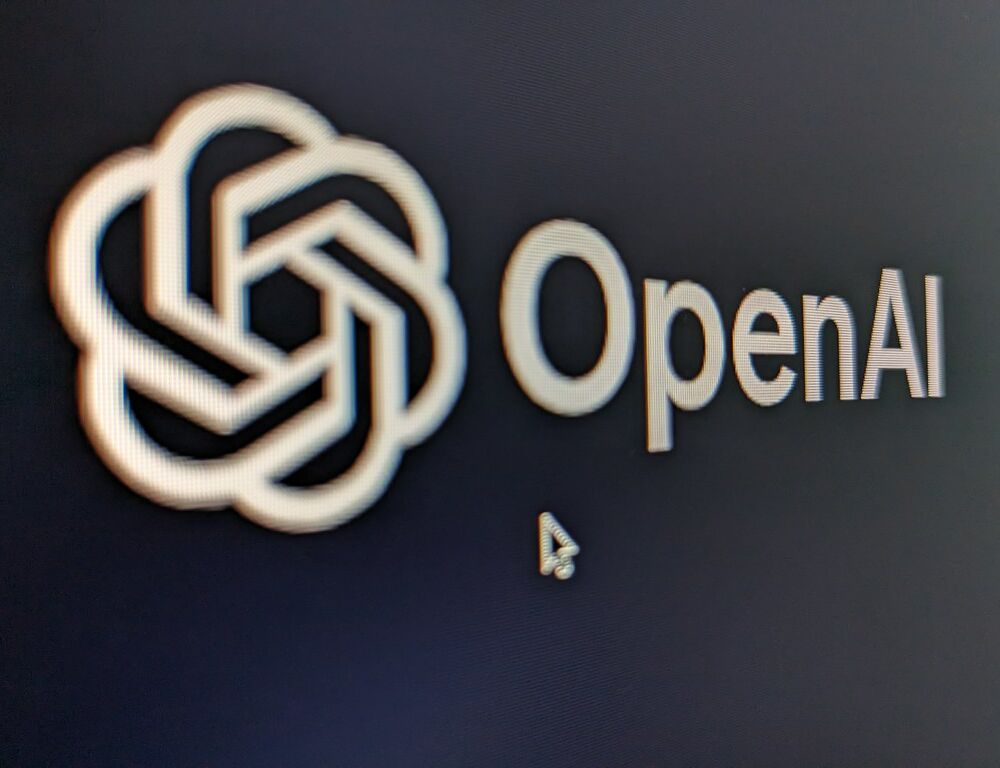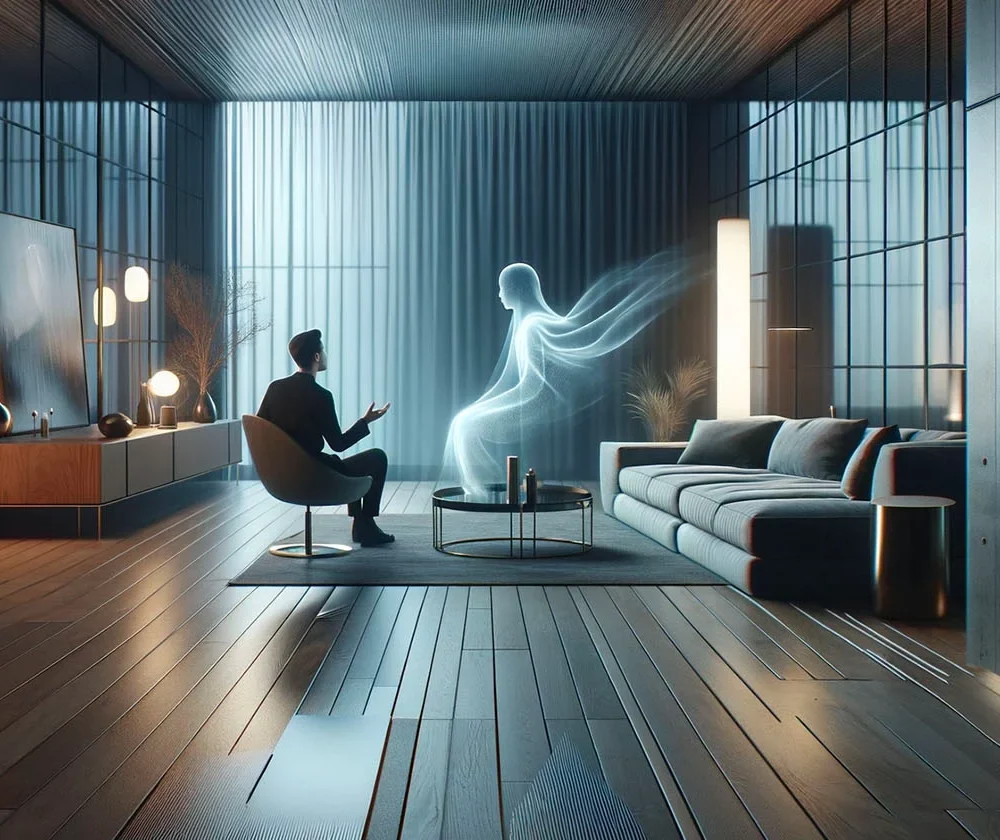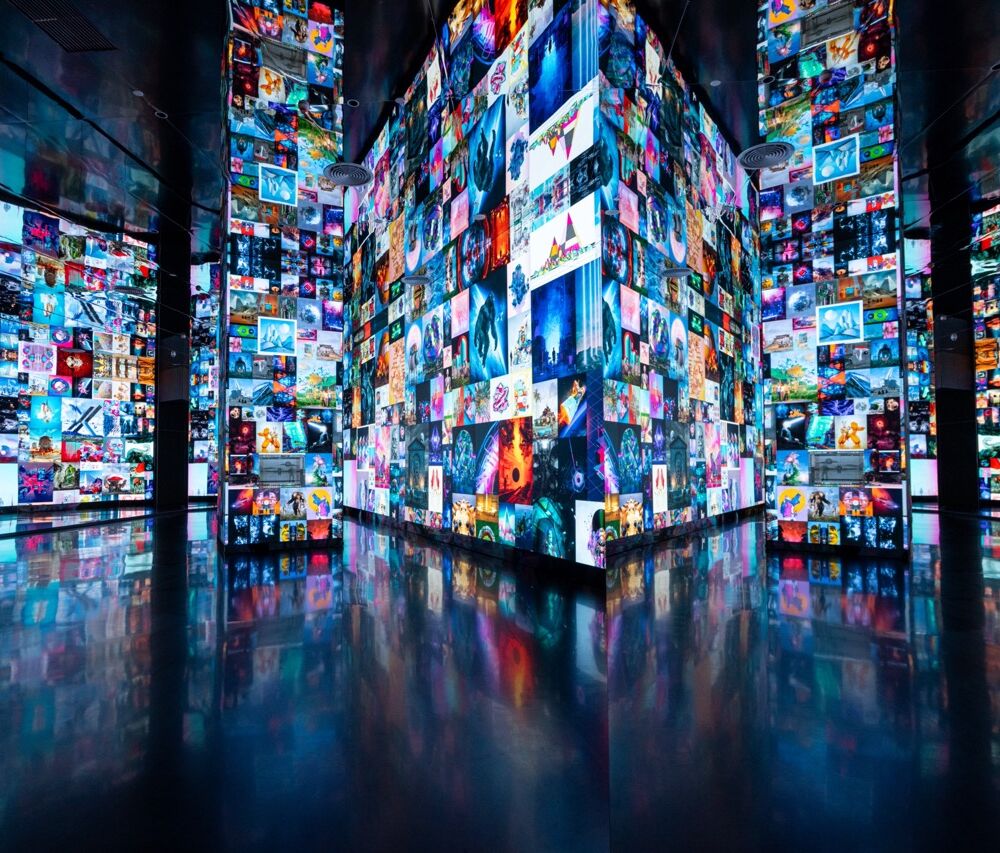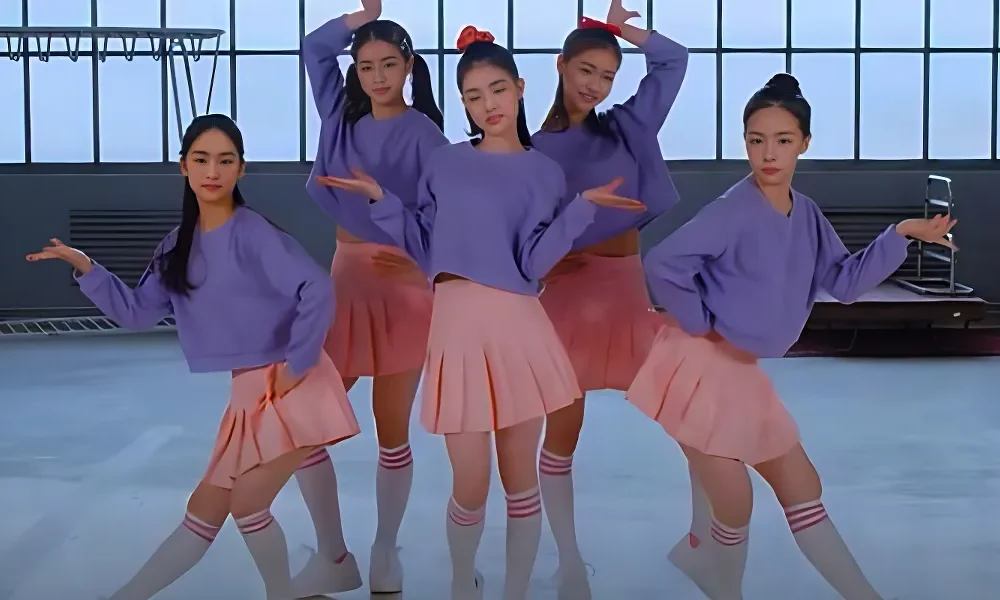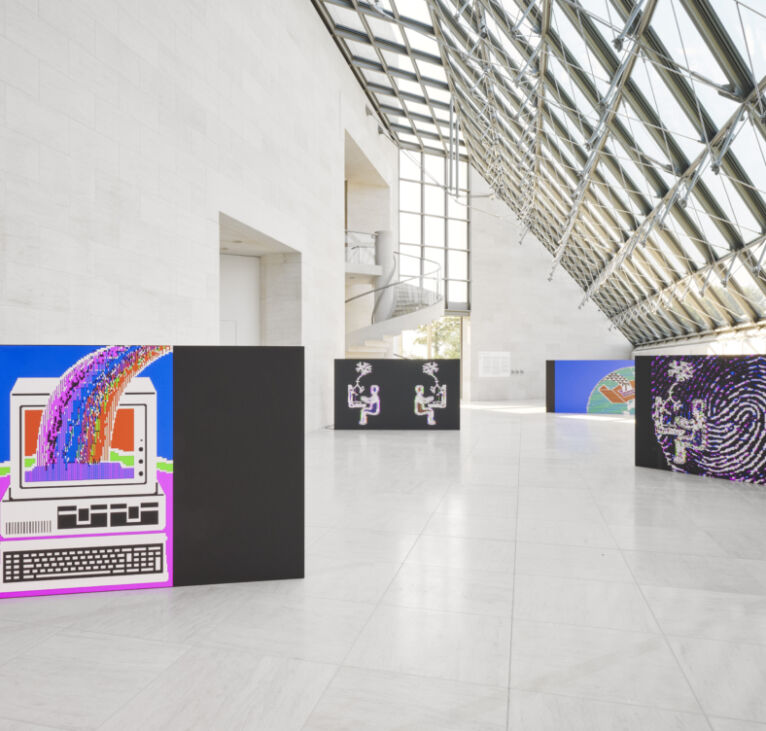
Radical Software. Women, Art & Computing (1960-1991)
20.09.2024 – 02.02.2025
Mudam Luxembourg
Mudam Luxembourg pays tribute to the pioneers of digital, kinetic and programmed art; recounting how, from the 1960s to the 1980s, they transformed computers – then the realm of engineers and mathematicians – into tools for expression and reflection on identity. With over 100 works by 50 female artists from 14 countries, the exhibition questions a male-dominated field, exploring the connections between technology, feminism and Donna Haraway’s cyborg theories. From their experience with mainframes to their first creations on microcomputers, the exhibition is a journey between art and innovation that dispels the myth that digital experimentation is a ‘child’s play’.
Beeple: Tales from a Synthetic Future
from 13.11.2024
Deji Art Museum, Nanjing
In 2021 Beeple made history by selling an NFT, ‘Everydays: the First 5000 Days’, for $69 million. Now, three years later, here he is at the Deji Art Museum in Nanjing with his first solo exhibition hosted… in a luxury shopping mall. Because in China, ancient, modern and metaverse coexist without any fuss.
The exhibition traces the artist’s career from his early experiments with computers in the 1980s to the iconic Everydays, via dystopian paintings and high-tech ‘rotating boxes’ that transform in real time. Between dystopias and apocalyptic futurisms, Beeple pushes digital art to its limits. The choice to exhibit it in a shopping centre is curious, but we would have seen Jeff Koons better among the shelves!
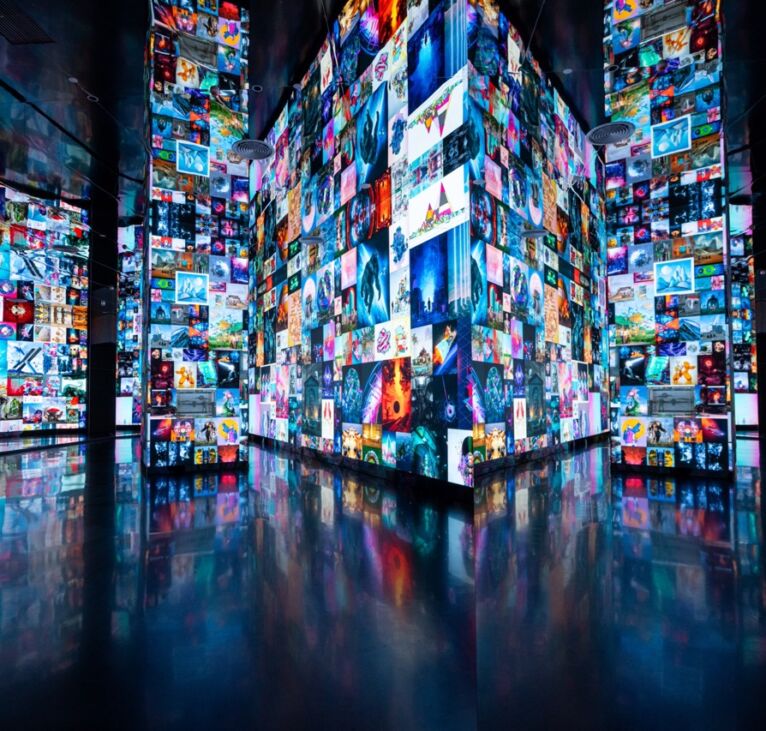
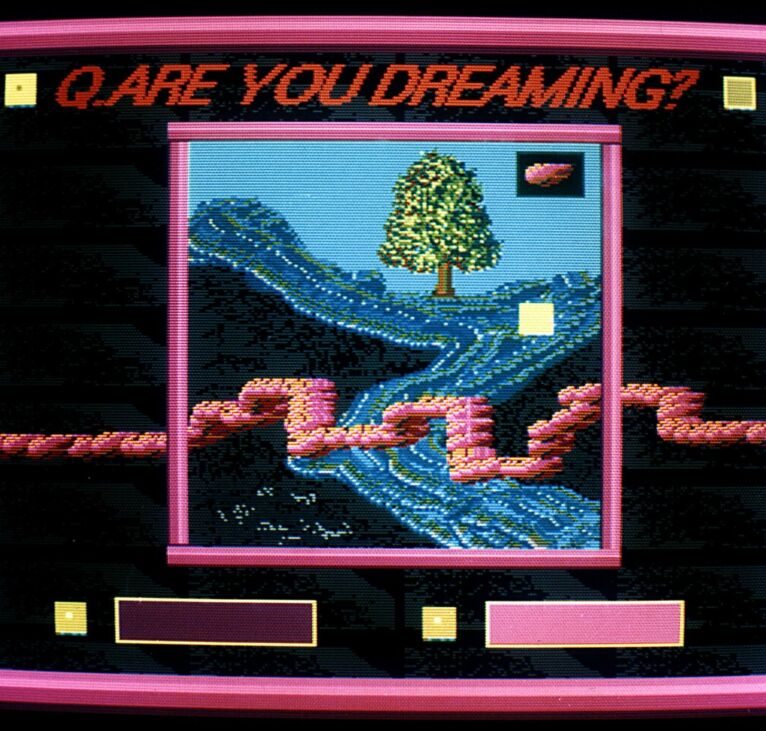
Electric Dreams.
Art and Technology Before the Internet
28.11.2024-01.06.2025
TATE Modern
Tate Modern celebrates the golden age of technological art, when computers were as big as rooms and the internet was still a distant dream. Electric Dreams transports us from the 1950s to the 1980s, when visionary artists began to merge science, technology and creativity, transforming circuits, light and movement into immersive experiences. What to expect? Iconic works such as Atsuko Tanaka’s Electric Dress, a luminous dress as spectacular as it is daring, but also highly experimental collective experiences, such as those of the Signals gallery in London or the Zero Group in Germany.
Beatrice Rainone
Born in 1999, she is a museum educator and mediator. She graduated in Art History at the University of Florence with a thesis on the concept of reproducibility in crypto-art. She currently works in various cultural institutions in Tuscany, including Fondazione Palazzo Strozzi, Centro per l’arte contemporanea Luigi Pecci, Fondazione Pistoia Musei, Museo del Tessuto.



